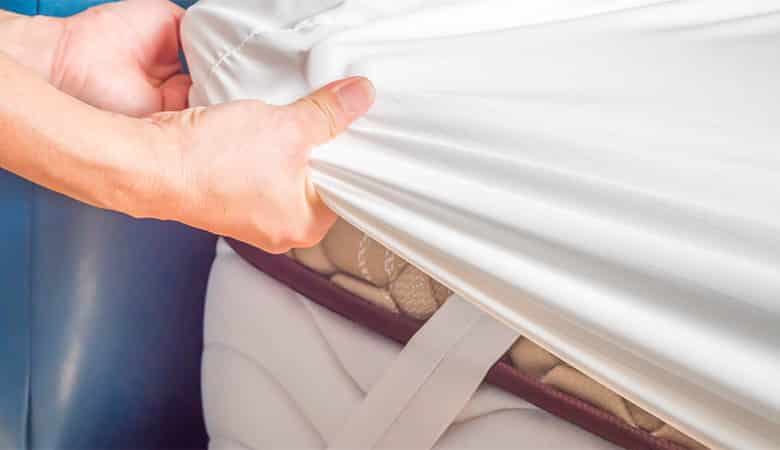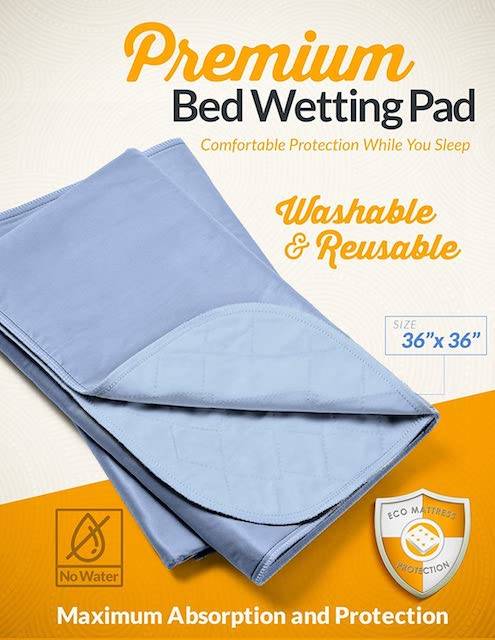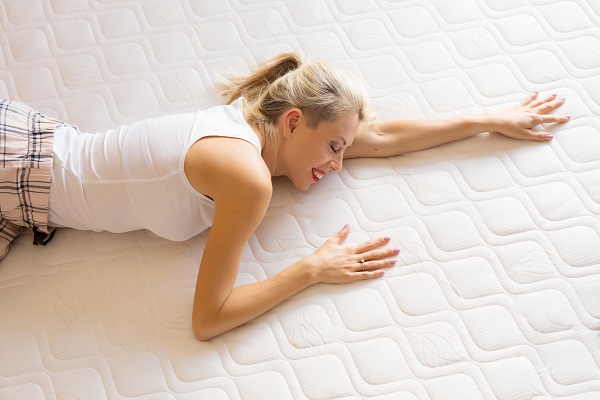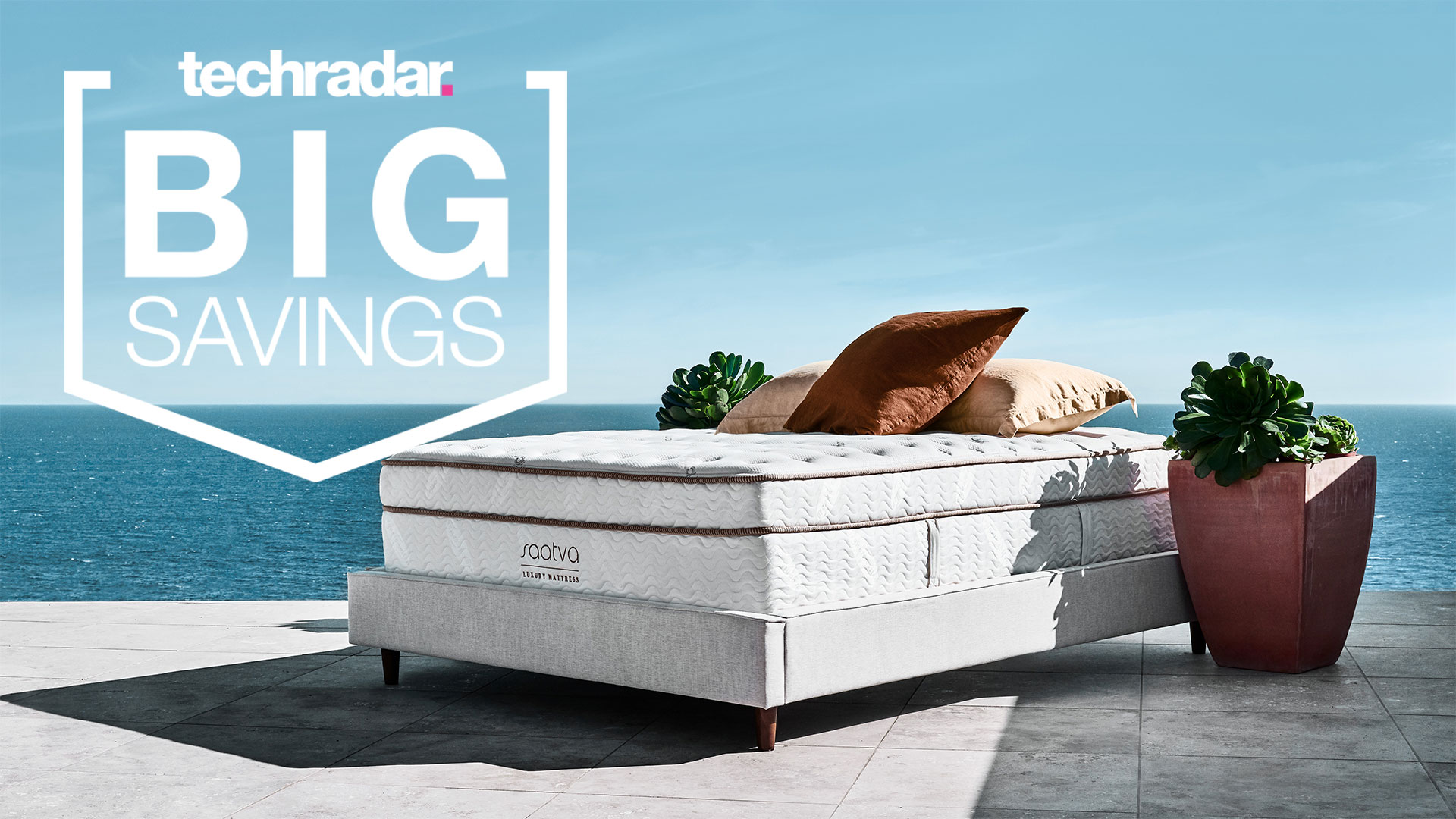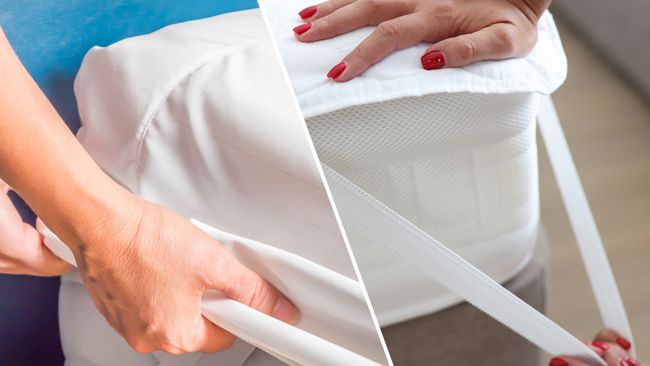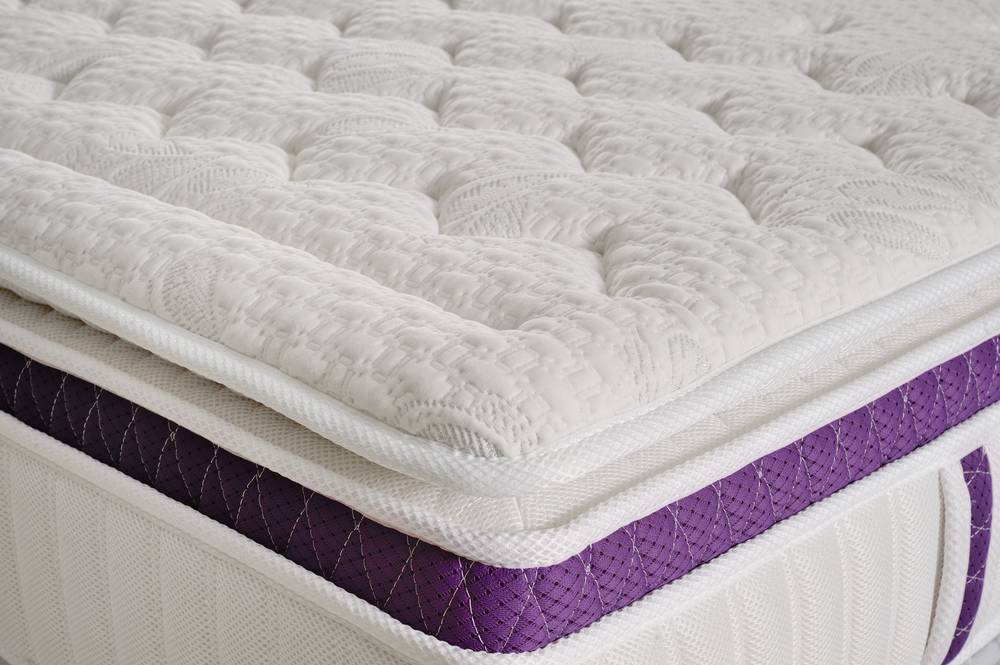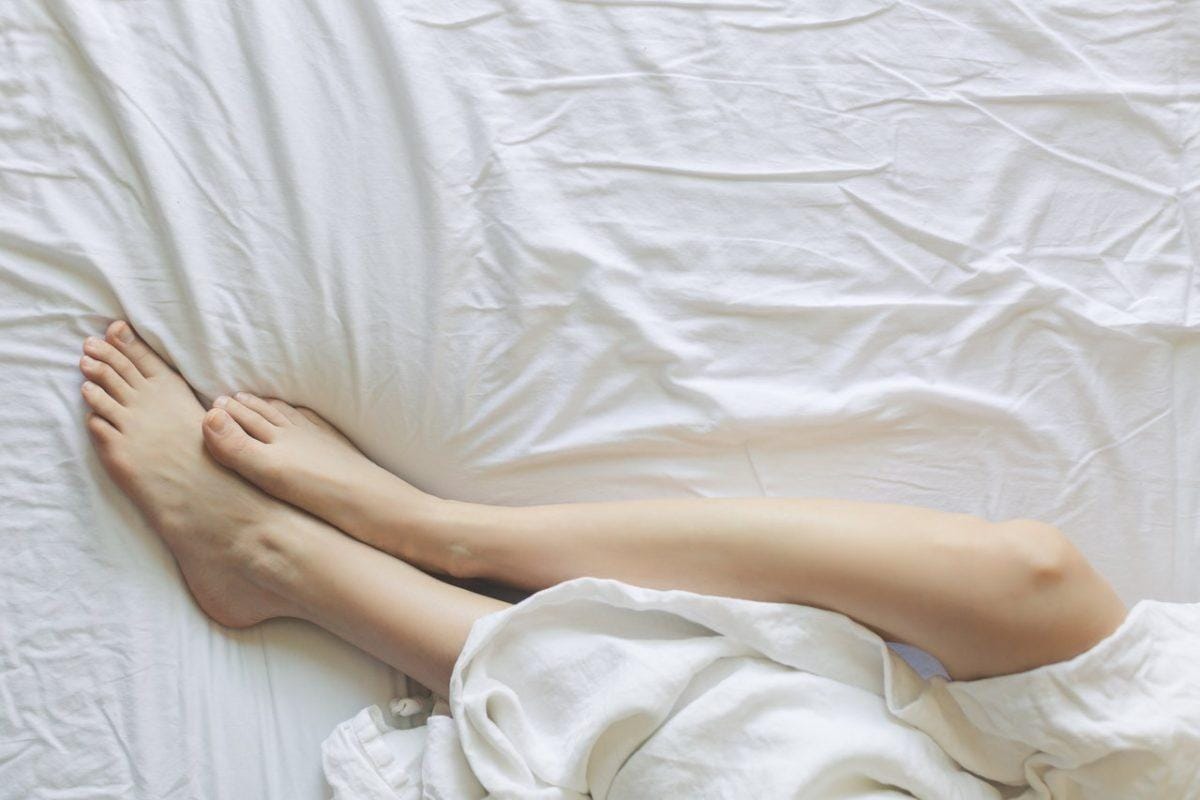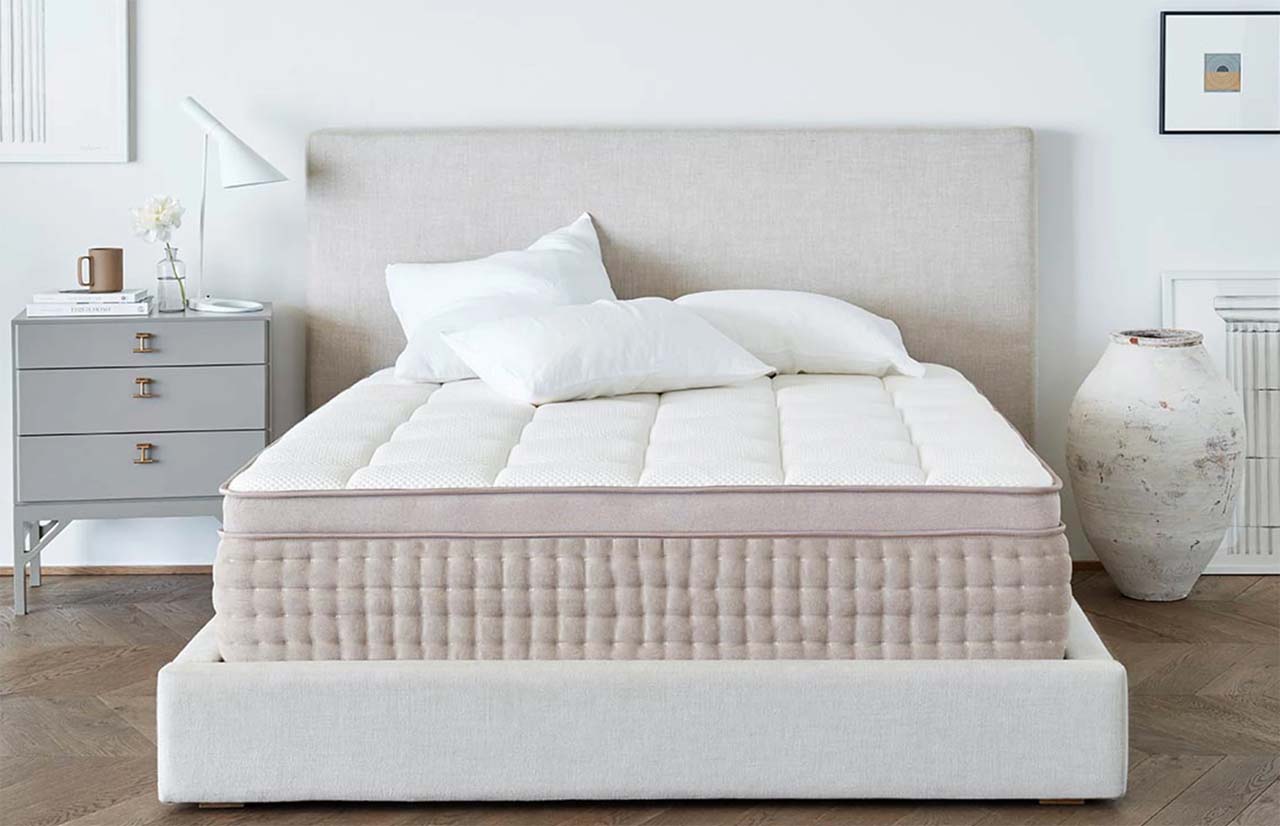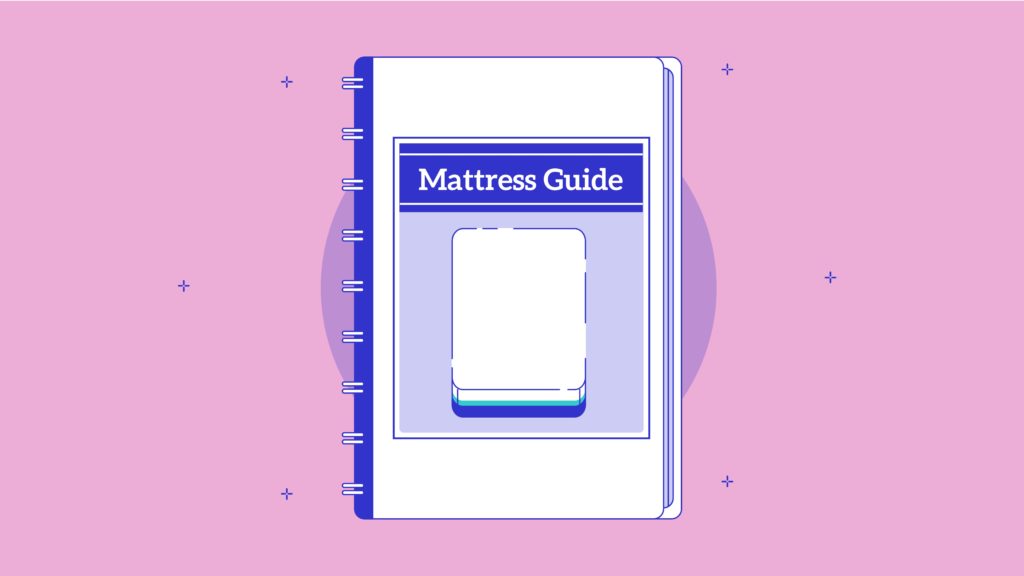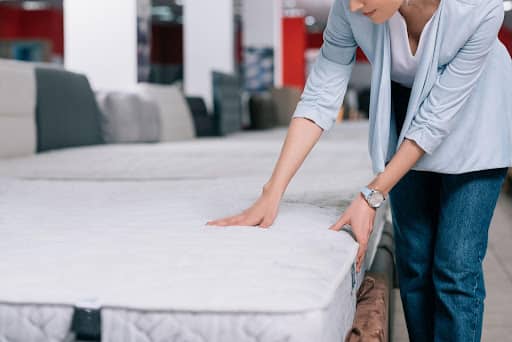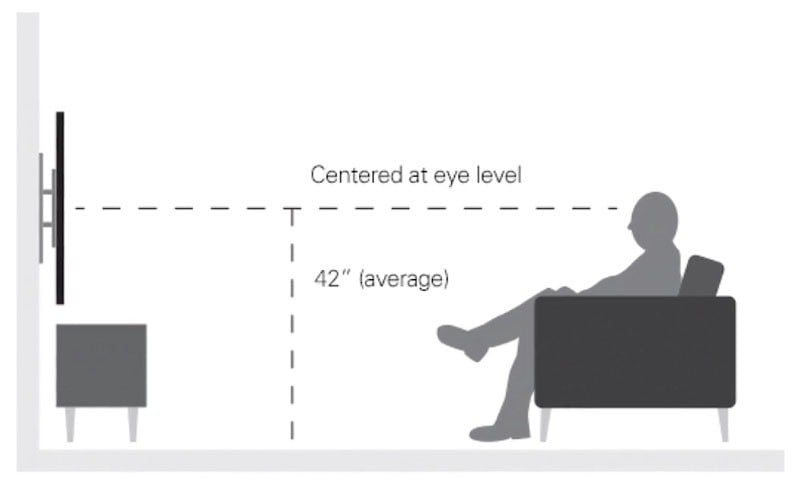If you're looking to improve your sleep experience, a mattress pad may be just what you need. Not only does it provide an extra layer of comfort, but it also offers a range of benefits that can enhance your overall sleep quality. One of the main benefits of using a mattress pad is its ability to protect your mattress from wear and tear. It acts as a barrier between your body and the mattress, preventing sweat, dirt, and other debris from seeping into the mattress and causing damage. This can help extend the lifespan of your mattress, saving you money in the long run. Additionally, mattress pads can also provide extra cushioning and support, making your mattress feel more comfortable and plush. This is especially beneficial for those who have firm mattresses or suffer from back or joint pain. A mattress pad can provide the necessary cushioning to alleviate pressure points, allowing for a more comfortable and restful sleep. Moreover, some mattress pads come with temperature-regulating properties, which can be a game-changer for hot sleepers. These pads can help absorb excess body heat and keep you cool throughout the night, promoting a more comfortable and uninterrupted sleep. Overall, using a mattress pad can offer a range of benefits, from extending the life of your mattress to providing additional comfort and support. It's a small investment that can greatly improve your sleep experience.1. Benefits of Using a Mattress Pad
Many people underestimate the impact that a mattress pad can have on their sleep quality. However, the truth is, a mattress pad can significantly improve your sleep experience in various ways. First and foremost, mattress pads can help regulate body temperature. As mentioned earlier, some mattress pads come with cooling properties, which can be a game-changer for those who struggle with overheating during the night. This can lead to a more comfortable and restful sleep, without having to constantly toss and turn to find a cool spot on the mattress. Additionally, mattress pads can also provide extra cushioning and support, making your mattress feel more comfortable and relieving pressure points. This can be especially beneficial for those who have back or joint pain, allowing for a more restful and pain-free sleep. Mattress pads can also improve your sleep by adding a layer of protection to your mattress. Not only does it prevent stains and spills from seeping into the mattress, but it also acts as a barrier against dust mites and other allergens, promoting a healthier sleep environment. In short, investing in a mattress pad can greatly improve your sleep quality and overall well-being.2. How a Mattress Pad Can Improve Your Sleep
Your mattress is a significant investment, and it's essential to take care of it to ensure its longevity. That's where a mattress pad comes in. It plays a crucial role in protecting your mattress and keeping it in top condition. Sweat, body oils, and dead skin cells are just some of the things that can seep into your mattress over time, causing stains, odors, and bacteria growth. A mattress pad acts as a barrier, preventing these substances from penetrating the mattress and causing damage. This is especially important for those who have young children or pets who may accidentally spill liquids or have accidents on the bed. Moreover, mattress pads can also help maintain the structural integrity of your mattress. As the pad absorbs some of the wear and tear, it can help prevent sagging and indentations, which can affect the overall comfort and support of the mattress. Ultimately, a mattress pad is an essential investment in protecting your mattress and ensuring it stays in top condition for years to come.3. The Importance of a Mattress Pad for Your Mattress
Still not convinced about the benefits of using a mattress pad? Here are some top reasons to invest in one: 1. Protection: As mentioned earlier, a mattress pad acts as a barrier against stains, spills, and other debris, protecting your mattress and extending its lifespan. 2. Comfort: Whether you have a firm mattress or suffer from back or joint pain, a mattress pad can provide extra cushioning and support, making your sleep experience more comfortable. 3. Temperature regulation: For hot sleepers, a mattress pad with cooling properties can help keep you cool and comfortable throughout the night. 4. Allergen protection: Mattress pads can help keep dust mites and other allergens at bay, promoting a healthier sleep environment. 5. Easy maintenance: Mattress pads are easy to remove and wash, making them a convenient and practical option for keeping your mattress clean and fresh.4. Top Reasons to Invest in a Mattress Pad
With so many options available, it can be challenging to choose the right mattress pad for your needs. Here are some factors to consider: 1. Material: Mattress pads come in various materials, such as cotton, polyester, and memory foam. Consider your personal preferences and any allergies you may have when choosing a material. 2. Thickness: Mattress pads come in different thickness levels, from thin quilted pads to thicker pillow-top pads. Consider the level of cushioning and support you need for your mattress. 3. Size: Make sure to measure your mattress before purchasing a mattress pad to ensure a proper fit. 4. Special features: Some mattress pads come with additional features, such as waterproofing, cooling properties, or hypoallergenic materials. Consider any specific needs or preferences you may have. 5. Budget: Mattress pads can range in price, so consider your budget when making a decision.5. How to Choose the Right Mattress Pad for Your Needs
Accidents happen, and that's where a waterproof mattress pad can come in handy. Not only does it protect your mattress from spills and stains, but it also acts as a barrier against sweat, urine, and other bodily fluids. Waterproof mattress pads are especially beneficial for families with young children or pets, as they can help prevent damage and keep your mattress clean and fresh. They are also useful for those who suffer from allergies, as they can help prevent the growth of mold and bacteria. Moreover, waterproof mattress pads are easy to clean and maintain, making them a practical option for any household.6. The Benefits of a Waterproof Mattress Pad
Many people use the terms "mattress pad" and "mattress topper" interchangeably, but they are two different bedding accessories with distinct purposes. A mattress pad is a thin layer of padding that goes on top of your mattress, acting as a protective barrier and adding some extra cushioning and support. On the other hand, a mattress topper is a thicker layer of padding that can significantly alter the feel of your mattress. It's often used to add extra softness or firmness to a mattress, making it more comfortable for the sleeper. In short, a mattress pad is primarily used for protection, while a mattress topper is used to alter the feel of a mattress.7. Mattress Pad vs Mattress Topper: What's the Difference?
To ensure your mattress pad stays in top condition, it's essential to clean and care for it properly. Here are some tips: 1. Read the care instructions: Before cleaning your mattress pad, make sure to read the care instructions provided by the manufacturer. 2. Wash regularly: Mattress pads should be washed at least once every few months to keep them clean and fresh. 3. Use a gentle cycle: When washing your mattress pad, use a gentle cycle with mild detergent to avoid damaging the material. 4. Air dry: It's best to air dry your mattress pad to prevent shrinking or damage from high heat. 5. Spot clean stains: For small stains, spot clean with a mixture of water and mild detergent, and let it air dry.8. How to Clean and Care for Your Mattress Pad
Not all mattress pads are created equal, and some may be better suited for certain sleeping needs than others. Here are some recommendations for different sleeping needs: 1. Hot sleepers: Look for a mattress pad with cooling properties, such as a bamboo or gel-infused memory foam pad. 2. Back pain sufferers: Consider a memory foam or latex mattress pad for added cushioning and support. 3. Allergy sufferers: Opt for a hypoallergenic mattress pad made from materials such as cotton or bamboo. 4. Firm mattress owners: Add some extra cushioning to your firm mattress with a thick, plush mattress pad.9. The Best Mattress Pads for Different Sleeping Needs
Before purchasing a mattress pad, here are some things to keep in mind: 1. Material: Consider your preferences and needs, such as temperature regulation or allergies, when choosing a material. 2. Thickness: Think about the level of cushioning and support you need for your mattress. 3. Size: Make sure to measure your mattress before purchasing to ensure a proper fit. 4. Special features: Consider any specific needs or preferences you may have, such as waterproofing or hypoallergenic materials. 5. Budget: Mattress pads can range in price, so consider your budget when making a decision.10. Mattress Pad Buying Guide: What to Consider Before Making a Purchase
The Importance of Investing in a Quality Mattress Pad for Your Home

Protect Your Mattress and Extend Its Lifespan
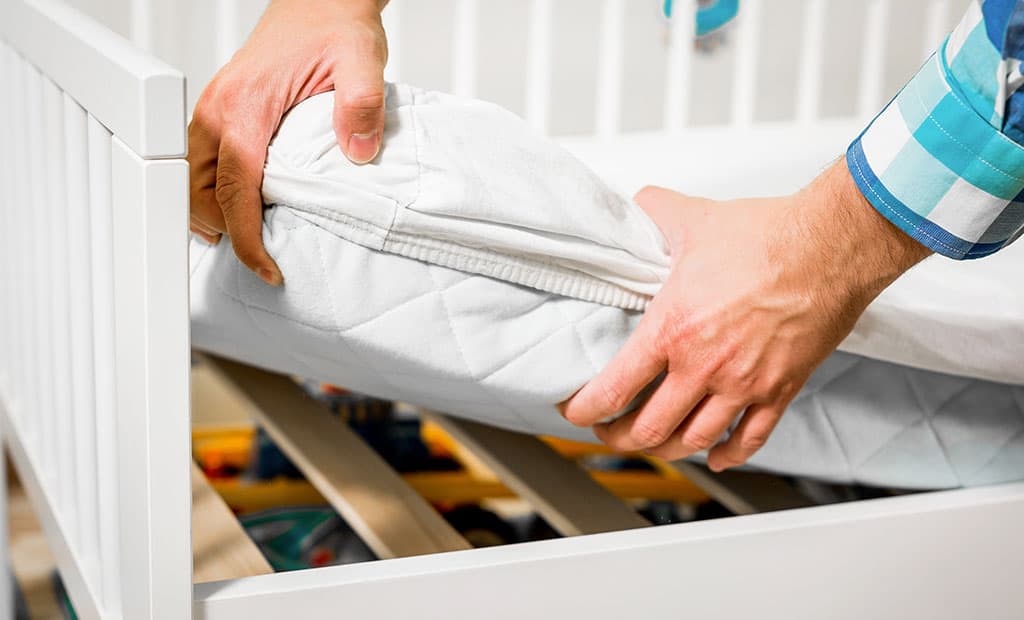 A mattress is a significant investment for any household. It is where we spend a third of our lives, and a good night's sleep is essential for our overall health and well-being. However, mattresses can be quite expensive, and the last thing we want is for them to get damaged and need replacement. This is where a
mattress pad
comes in. Not only does it provide an extra layer of comfort, but it also acts as a protective barrier, shielding your mattress from spills, stains, and wear and tear. By
investing in a quality mattress pad
, you can extend the lifespan of your mattress and save yourself from the hassle and expense of having to replace it sooner than necessary.
A mattress is a significant investment for any household. It is where we spend a third of our lives, and a good night's sleep is essential for our overall health and well-being. However, mattresses can be quite expensive, and the last thing we want is for them to get damaged and need replacement. This is where a
mattress pad
comes in. Not only does it provide an extra layer of comfort, but it also acts as a protective barrier, shielding your mattress from spills, stains, and wear and tear. By
investing in a quality mattress pad
, you can extend the lifespan of your mattress and save yourself from the hassle and expense of having to replace it sooner than necessary.
Improve Comfort and Support for a Better Sleep
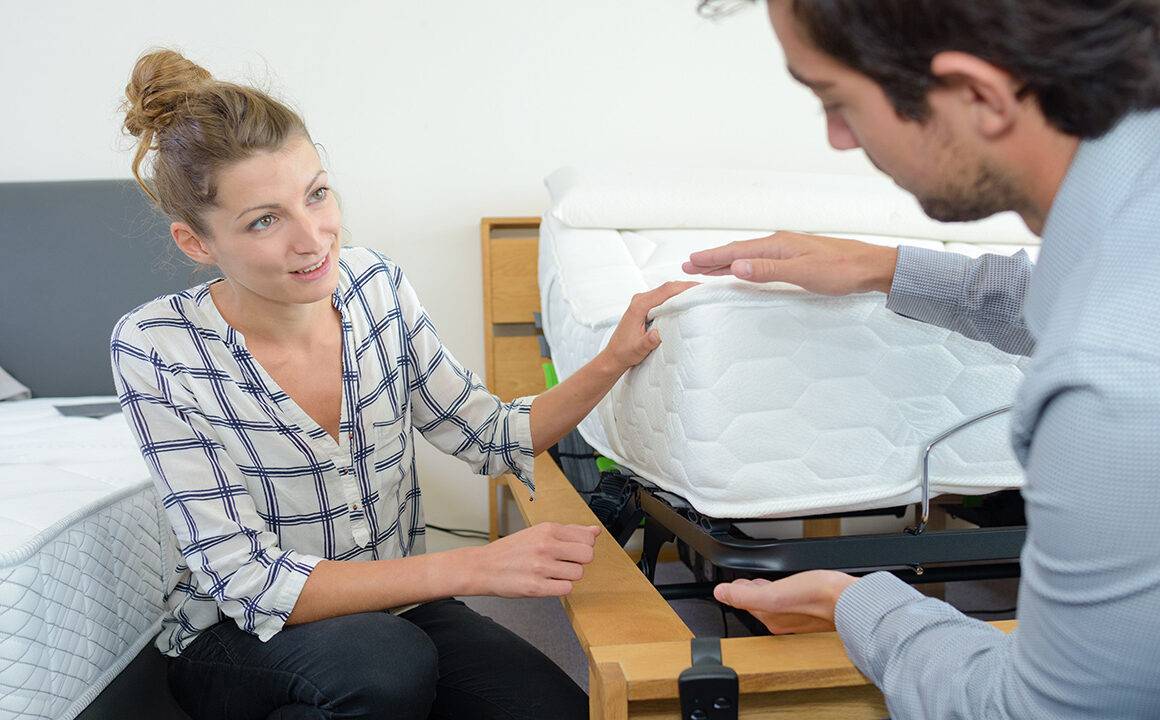 Another reason why a
mattress pad
is essential for your home is that it can greatly enhance the comfort and support of your mattress. Over time, mattresses can become lumpy and uncomfortable, making it difficult for you to get a good night's rest. A mattress pad can help
even out the surface
of your mattress, providing additional cushioning and support where it is needed. This can improve your sleep quality and help alleviate any aches and pains caused by an uncomfortable mattress.
Another reason why a
mattress pad
is essential for your home is that it can greatly enhance the comfort and support of your mattress. Over time, mattresses can become lumpy and uncomfortable, making it difficult for you to get a good night's rest. A mattress pad can help
even out the surface
of your mattress, providing additional cushioning and support where it is needed. This can improve your sleep quality and help alleviate any aches and pains caused by an uncomfortable mattress.
Keep Allergens and Dust Mites at Bay
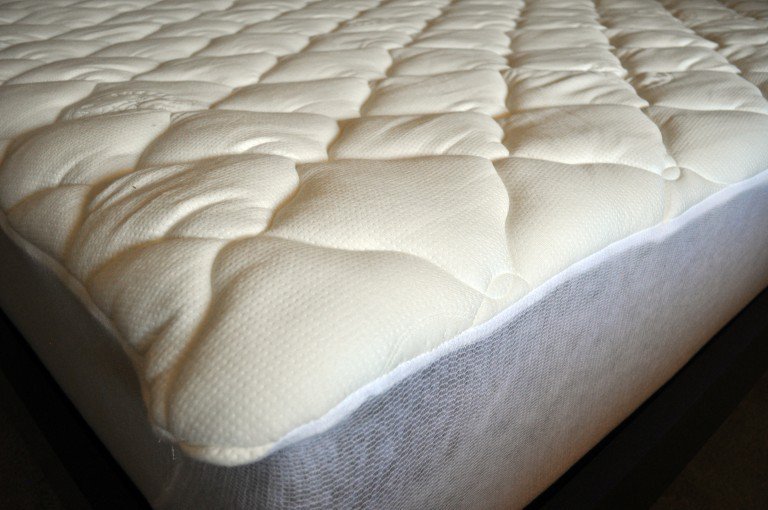 For those who suffer from allergies, a mattress pad can be a lifesaver. It acts as a barrier between you and your mattress, preventing
allergens and dust mites
from seeping into the material. This is especially beneficial for those with respiratory issues, as dust mites can worsen symptoms and affect the quality of your sleep. A mattress pad is also easier to clean and maintain compared to a mattress, making it a more hygienic option for those with allergies.
For those who suffer from allergies, a mattress pad can be a lifesaver. It acts as a barrier between you and your mattress, preventing
allergens and dust mites
from seeping into the material. This is especially beneficial for those with respiratory issues, as dust mites can worsen symptoms and affect the quality of your sleep. A mattress pad is also easier to clean and maintain compared to a mattress, making it a more hygienic option for those with allergies.
Customize Your Sleeping Experience
 Mattress pads come in various materials and designs, allowing you to
customize your sleeping experience
according to your needs and preferences. Whether you prefer a soft and plush surface or a firmer one, there is a mattress pad out there that can cater to your needs. You can also choose from different materials such as memory foam, cotton, or down feathers, depending on your desired level of comfort and support.
Mattress pads come in various materials and designs, allowing you to
customize your sleeping experience
according to your needs and preferences. Whether you prefer a soft and plush surface or a firmer one, there is a mattress pad out there that can cater to your needs. You can also choose from different materials such as memory foam, cotton, or down feathers, depending on your desired level of comfort and support.
Final Thoughts
 In conclusion, a
mattress pad
is a valuable addition to any household. It not only protects your mattress and extends its lifespan, but it also improves comfort, keeps allergens at bay, and allows for a customized sleeping experience. So, if you want to ensure a good night's sleep and protect your investment, consider investing in a quality mattress pad for your home.
In conclusion, a
mattress pad
is a valuable addition to any household. It not only protects your mattress and extends its lifespan, but it also improves comfort, keeps allergens at bay, and allows for a customized sleeping experience. So, if you want to ensure a good night's sleep and protect your investment, consider investing in a quality mattress pad for your home.




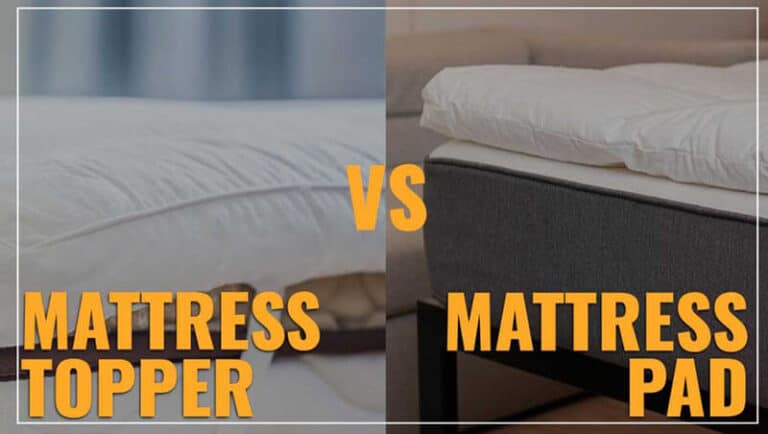
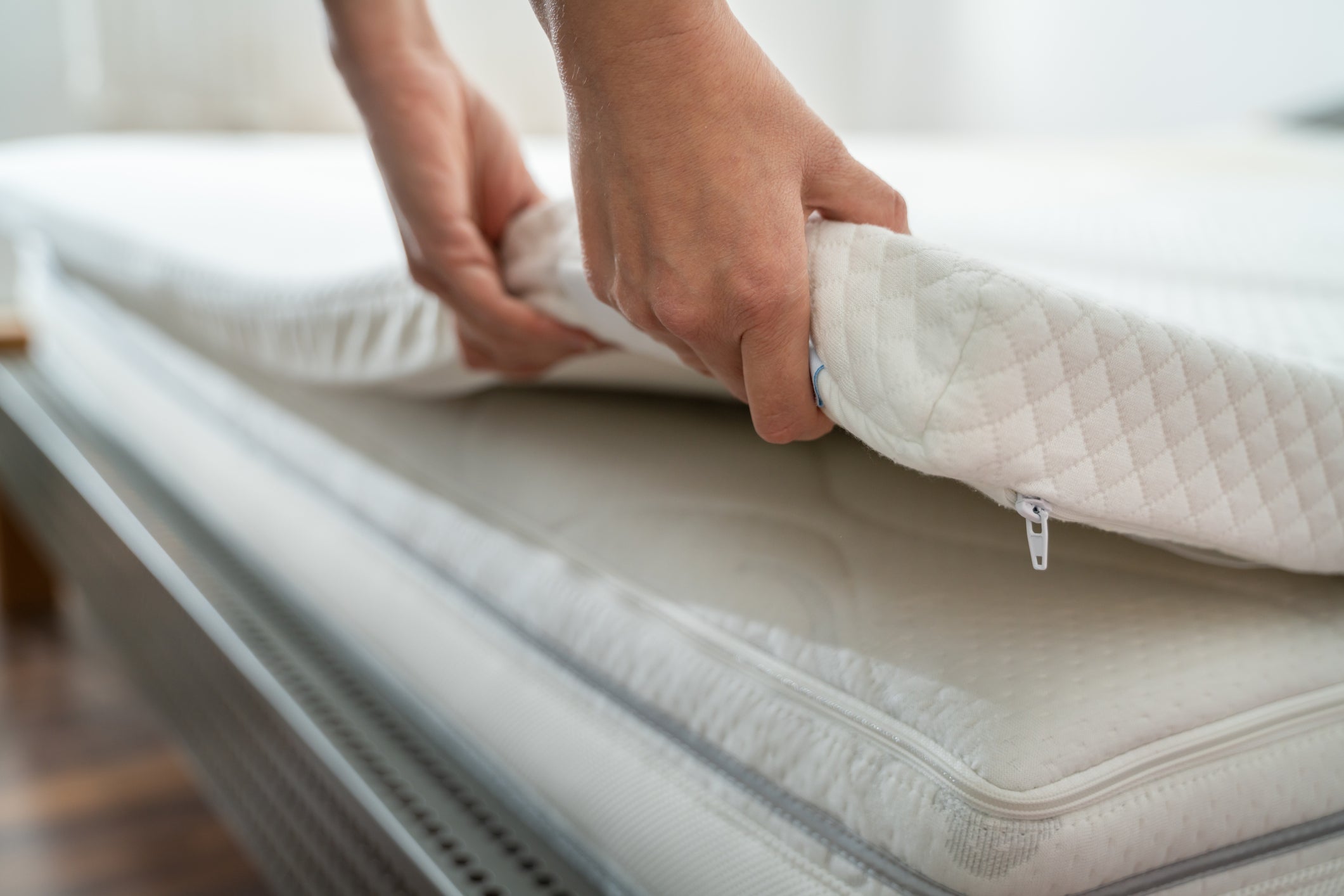


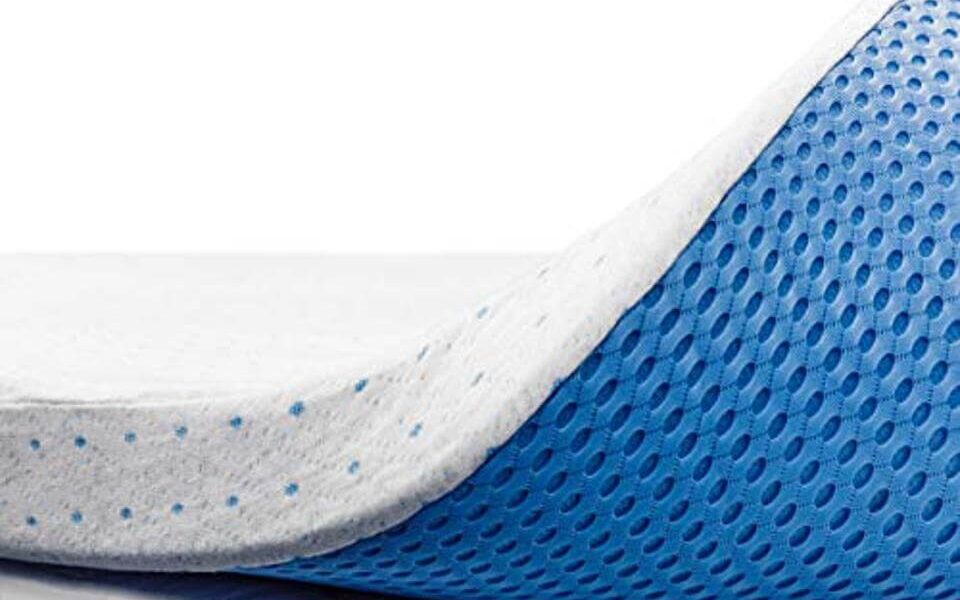


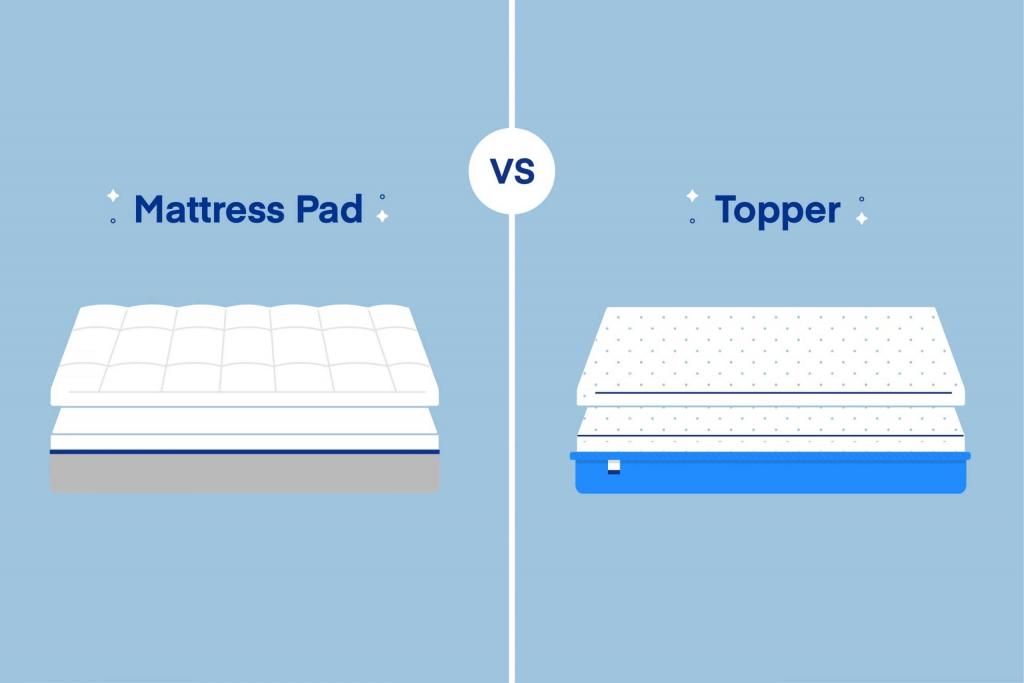
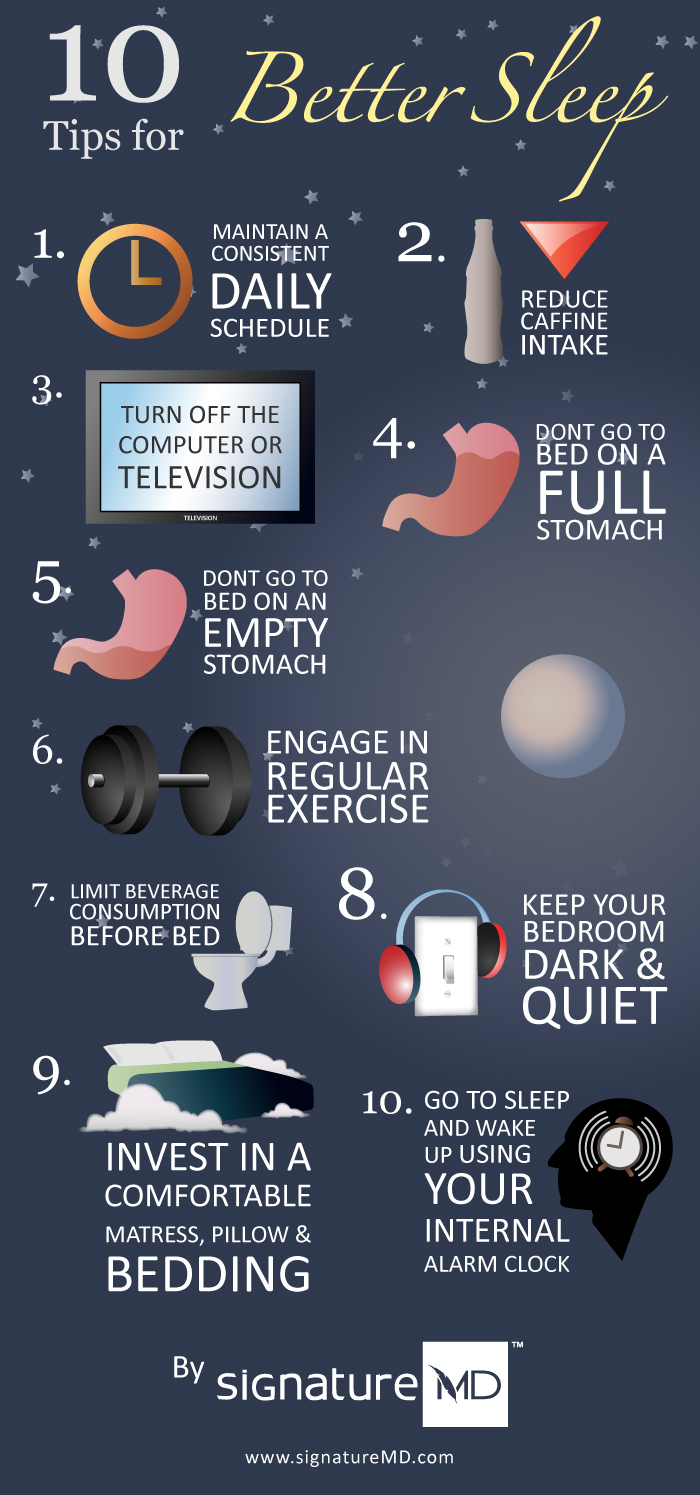








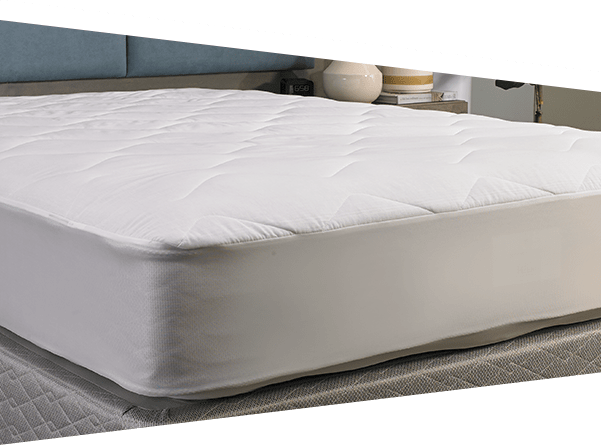
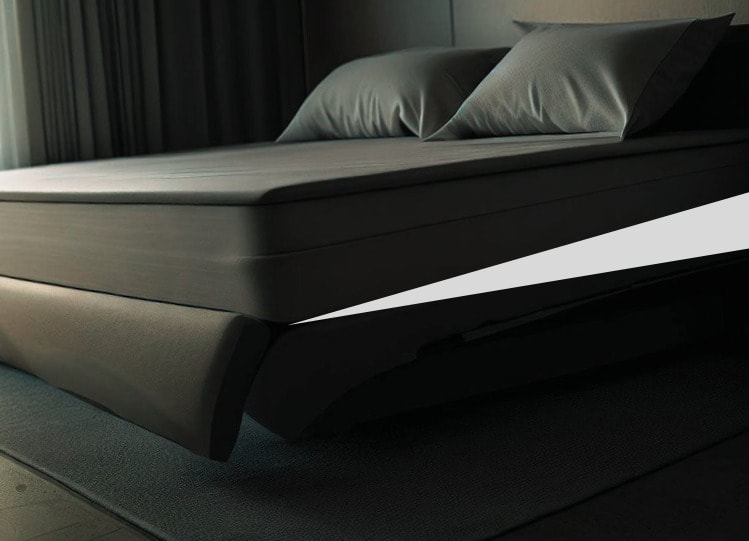
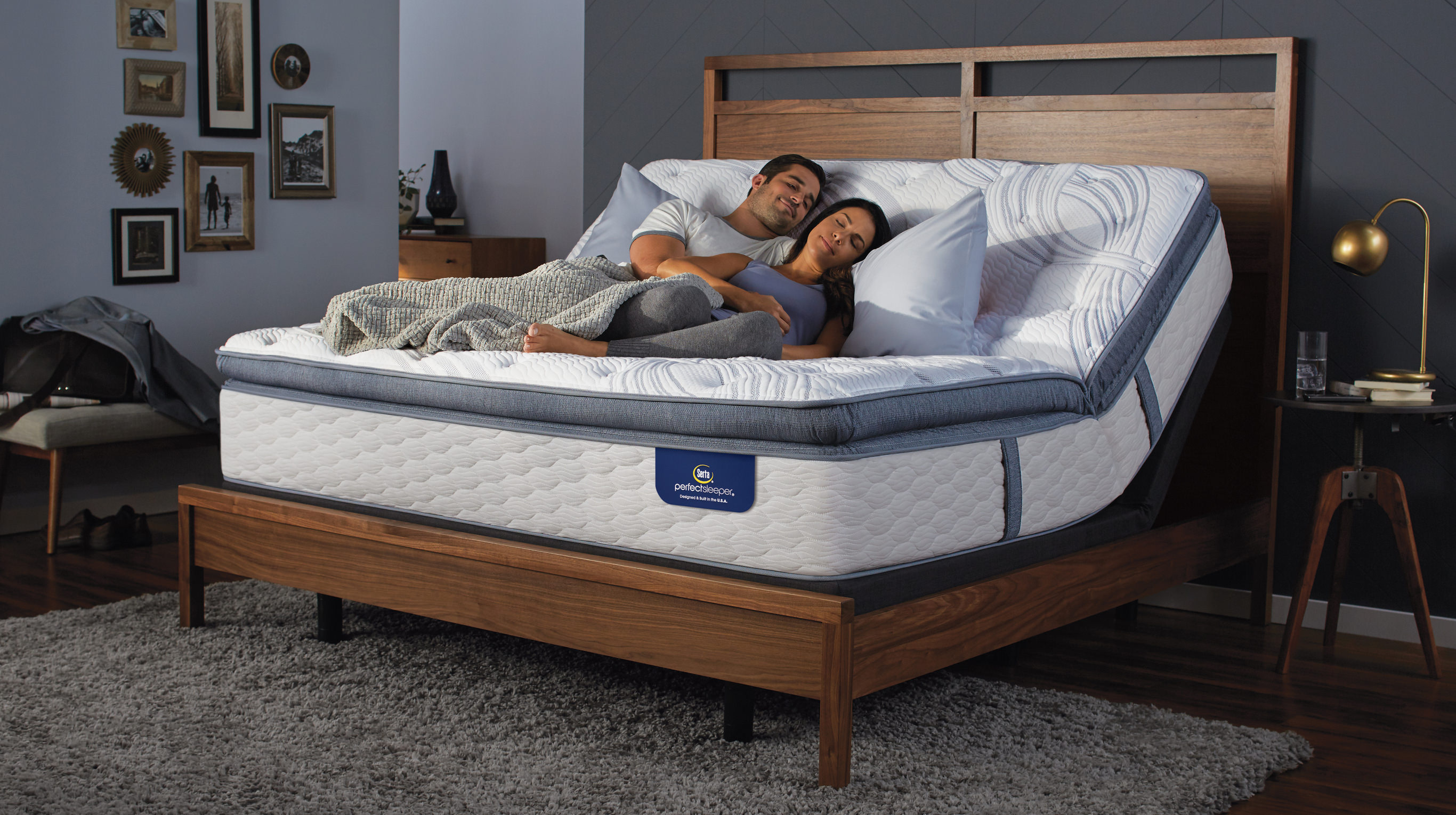
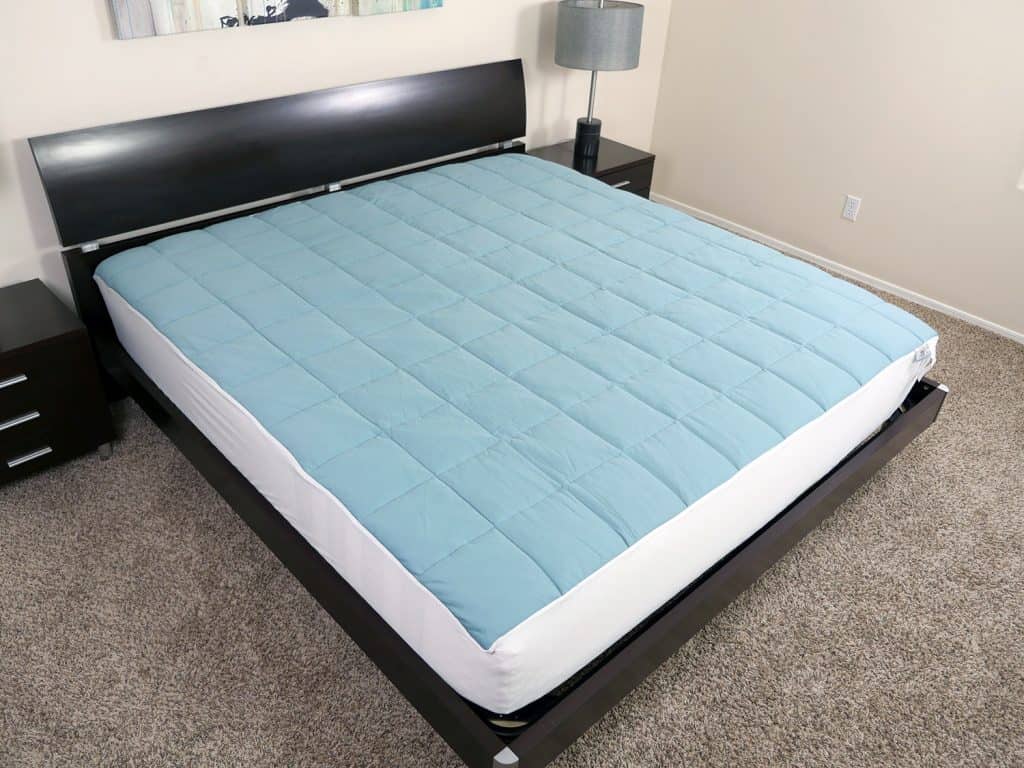



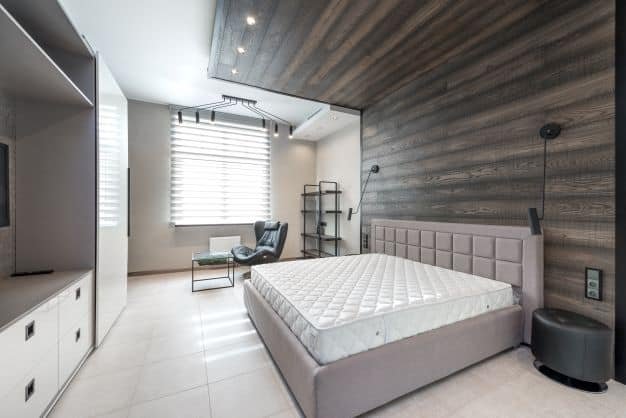

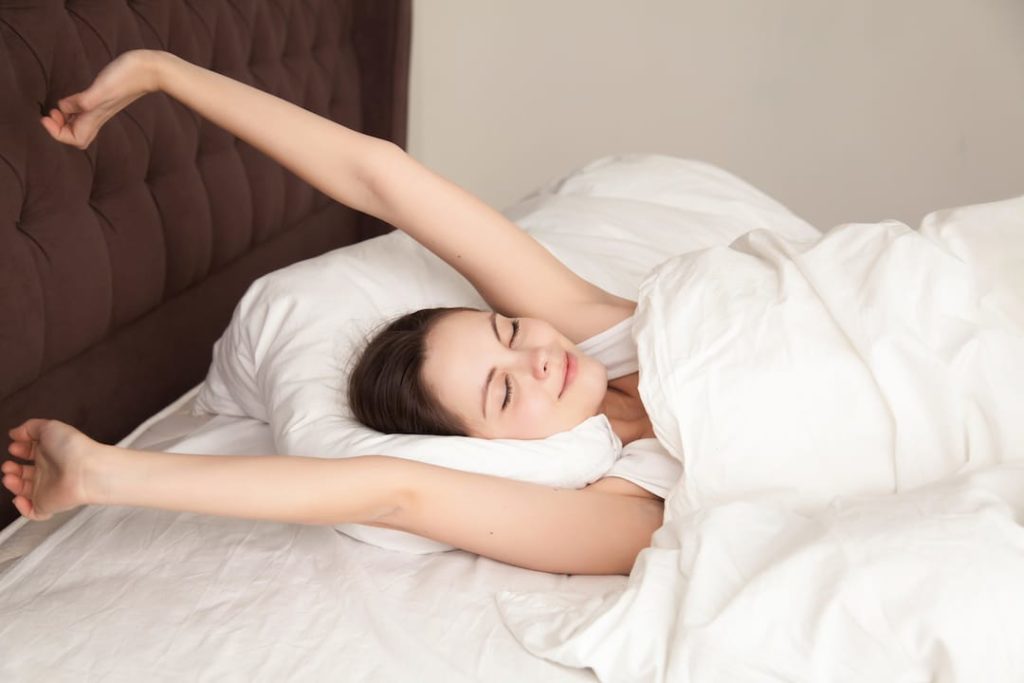






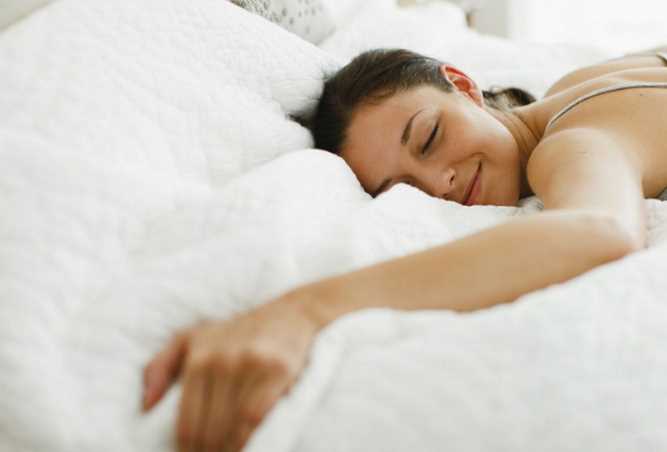


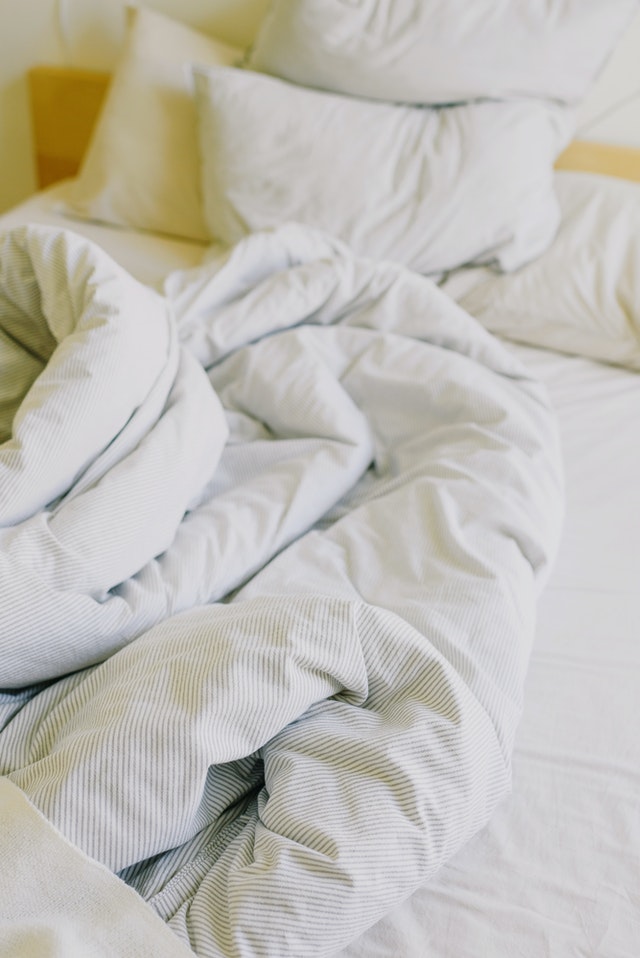







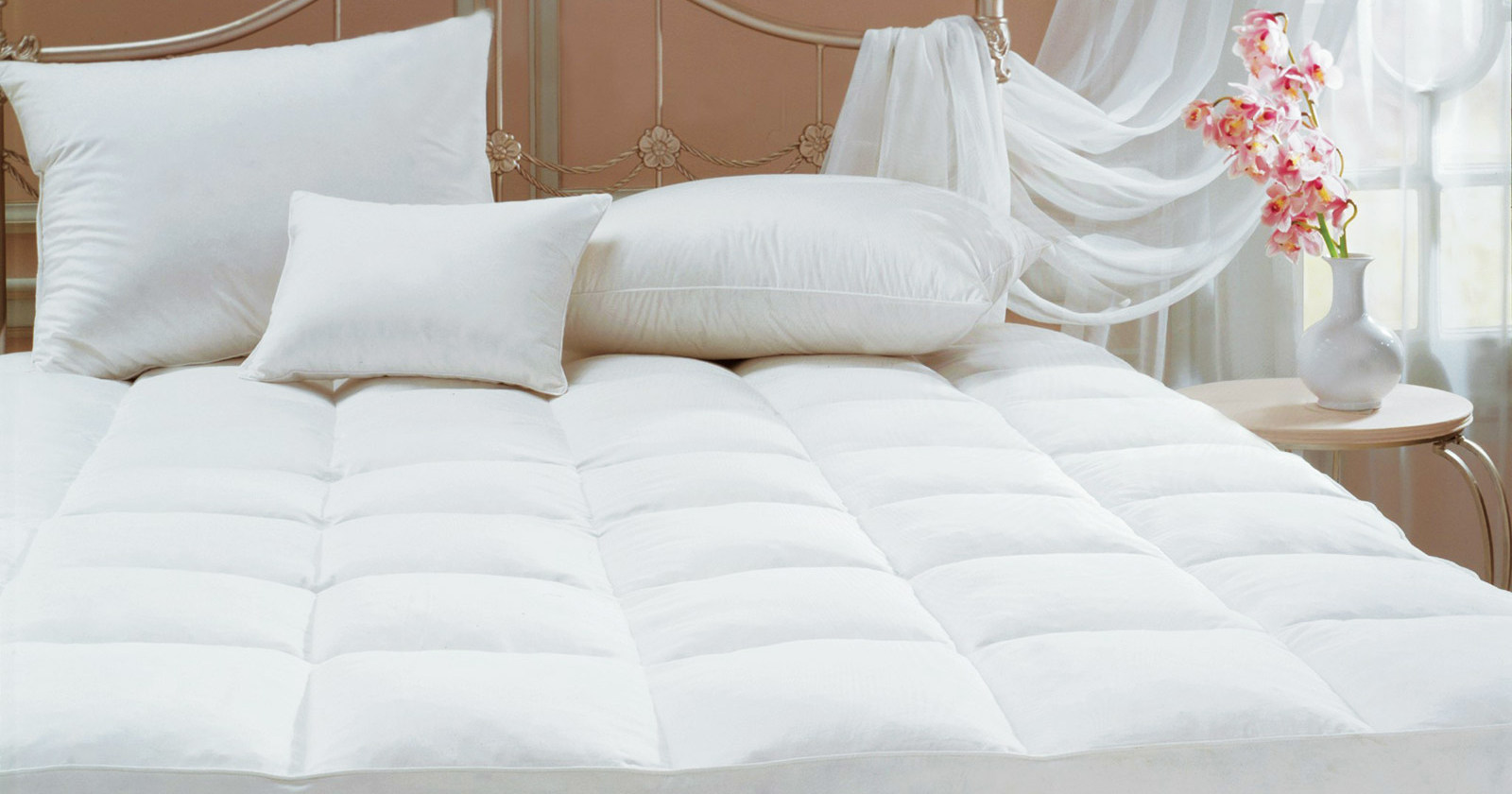
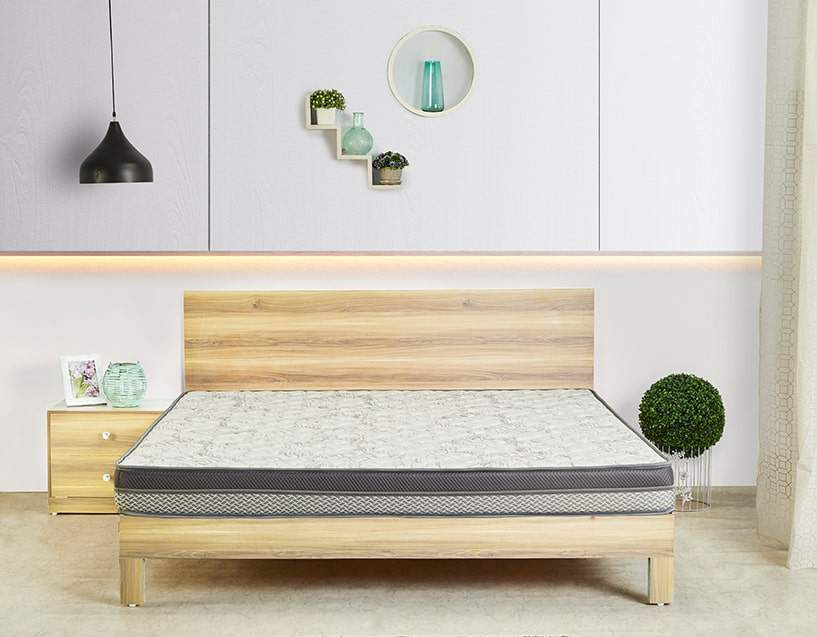
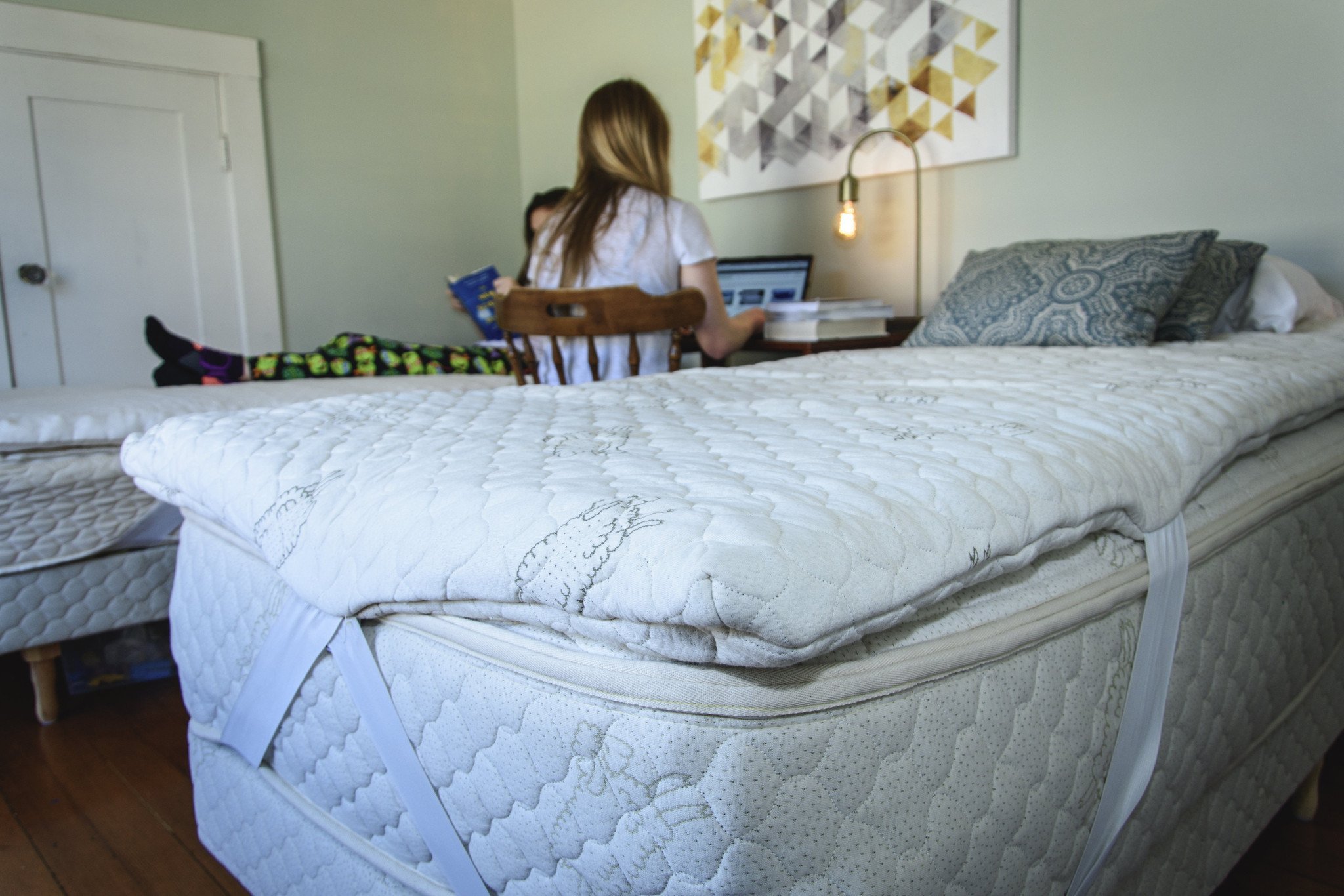
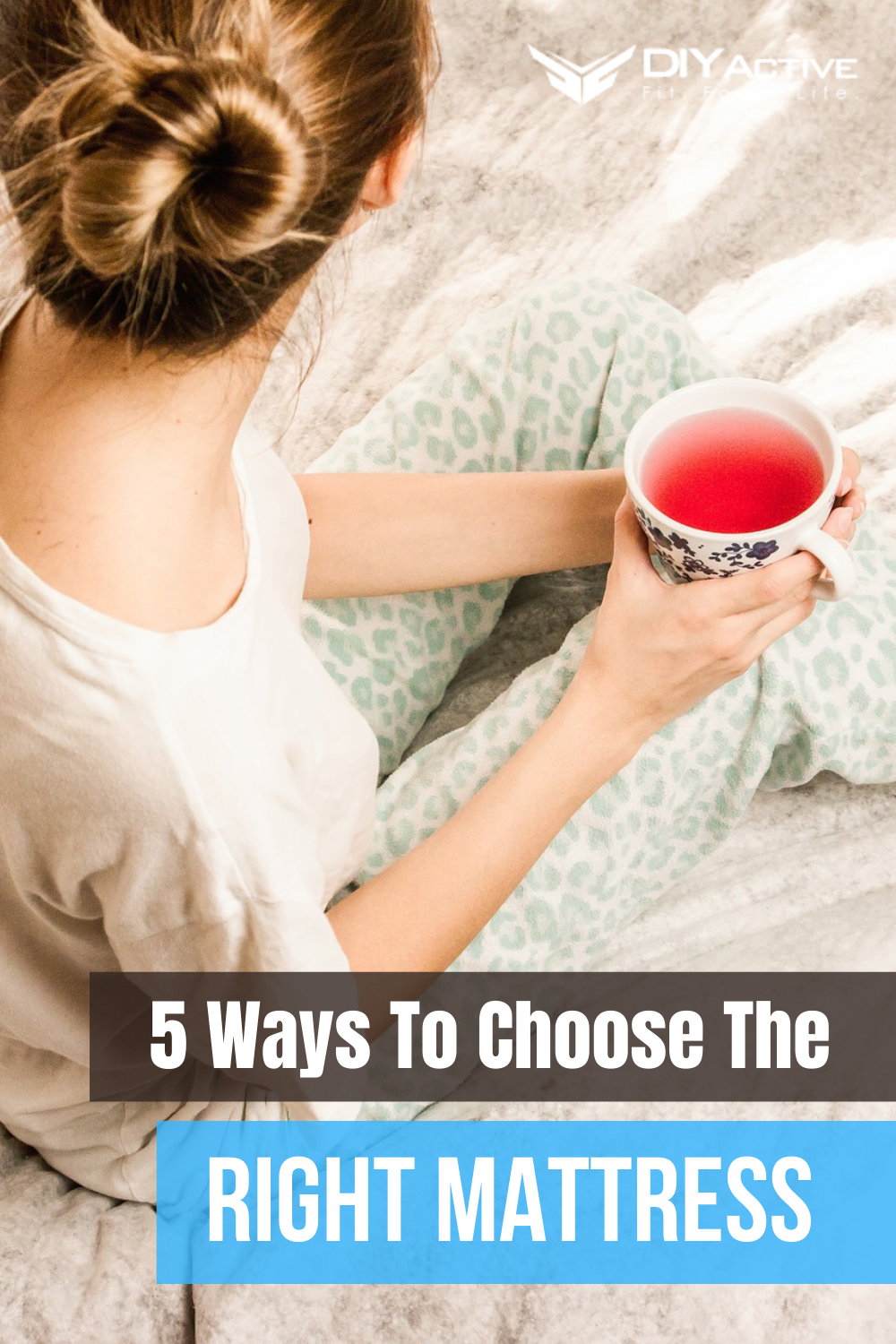
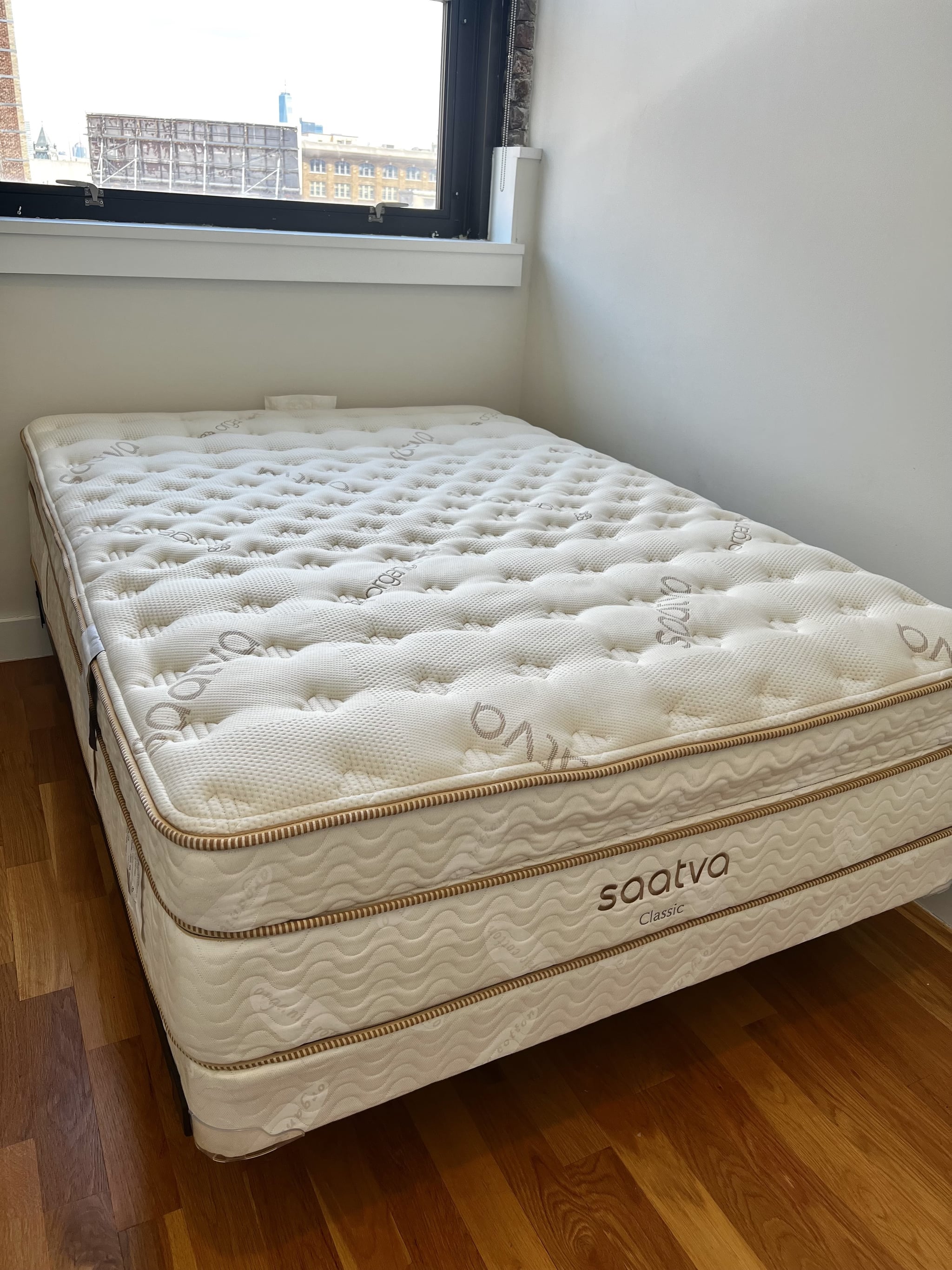

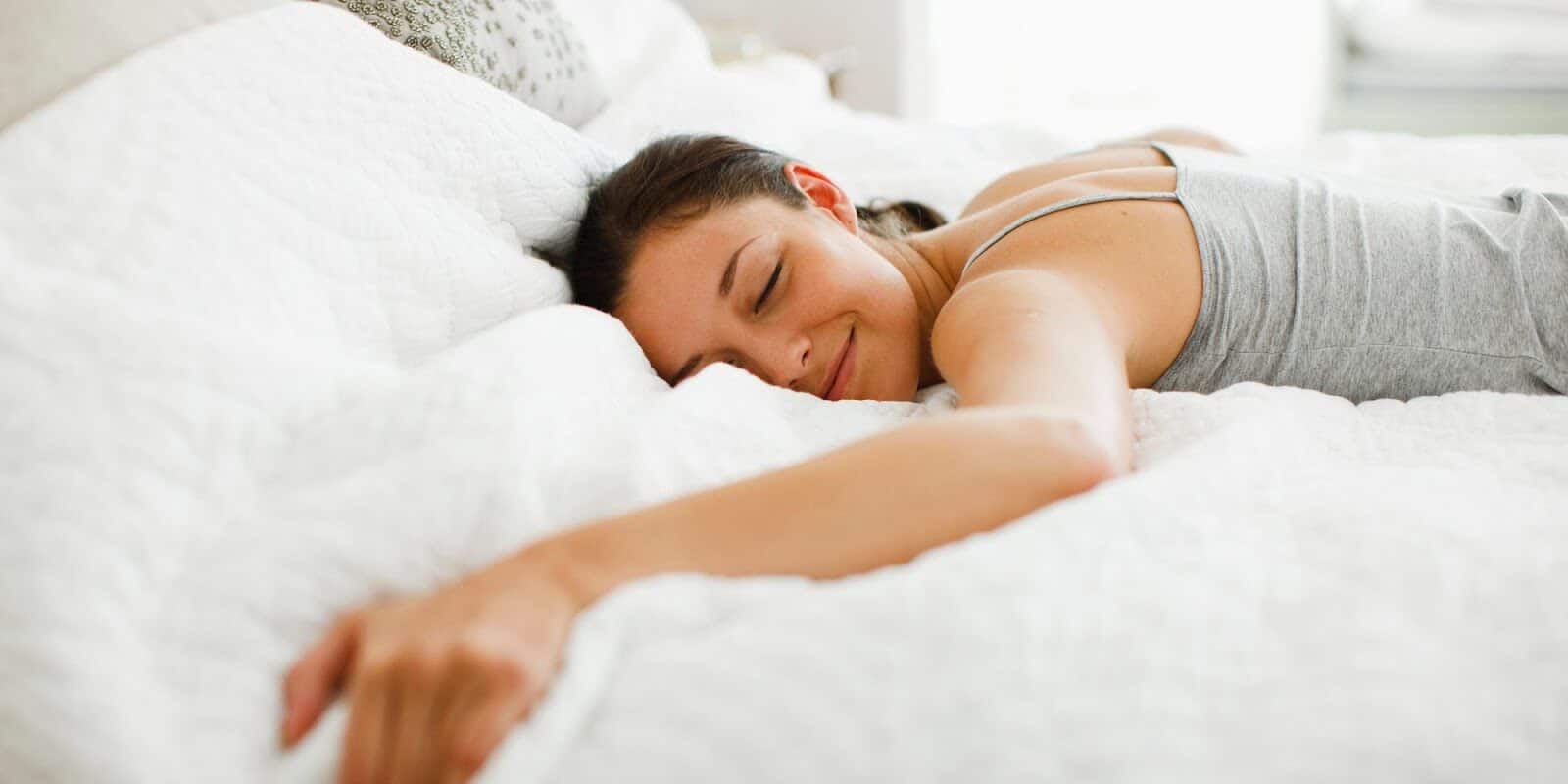

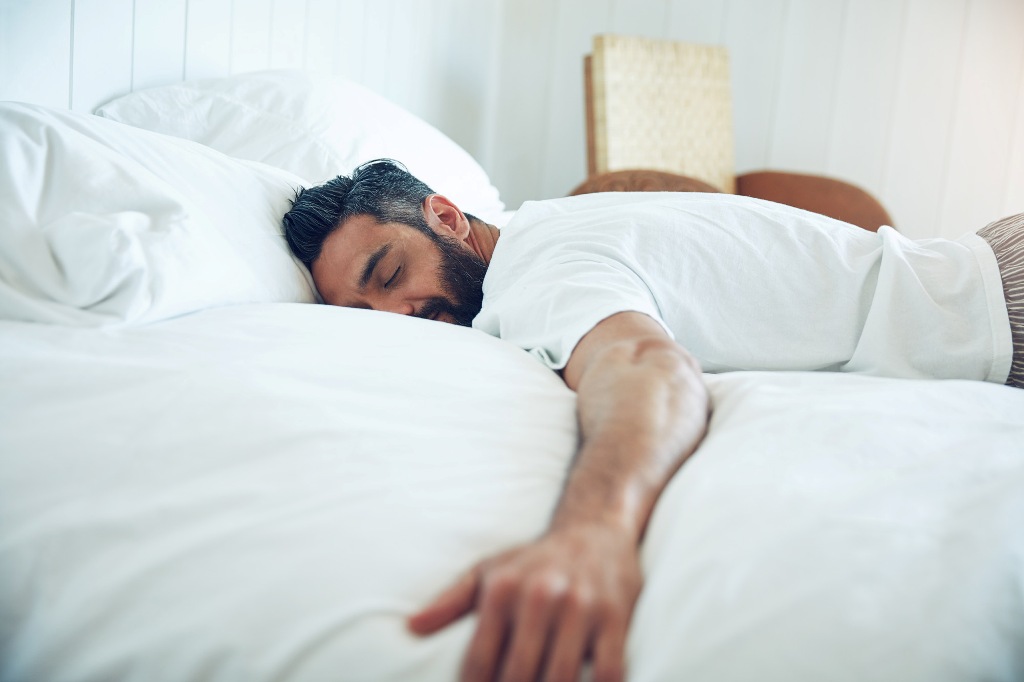

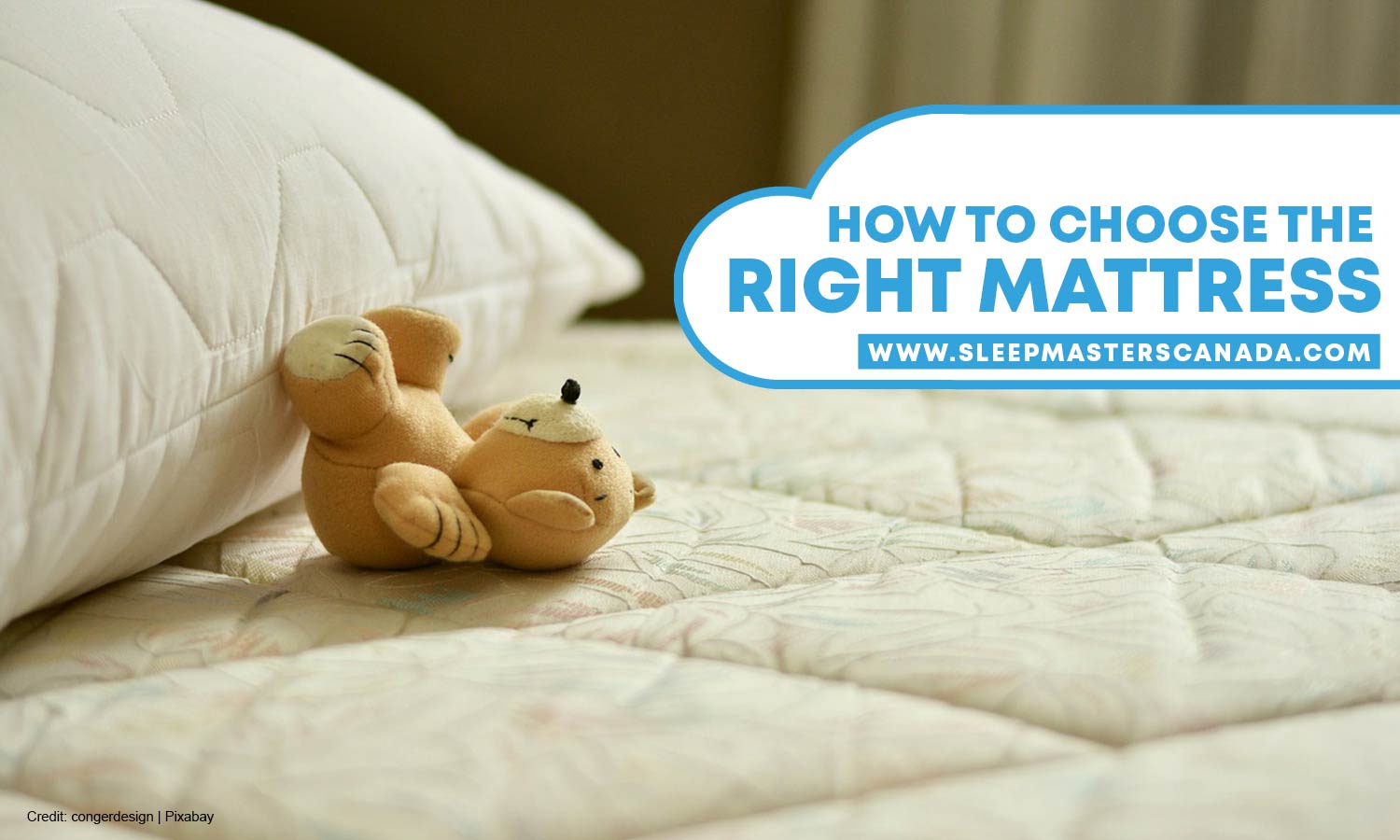
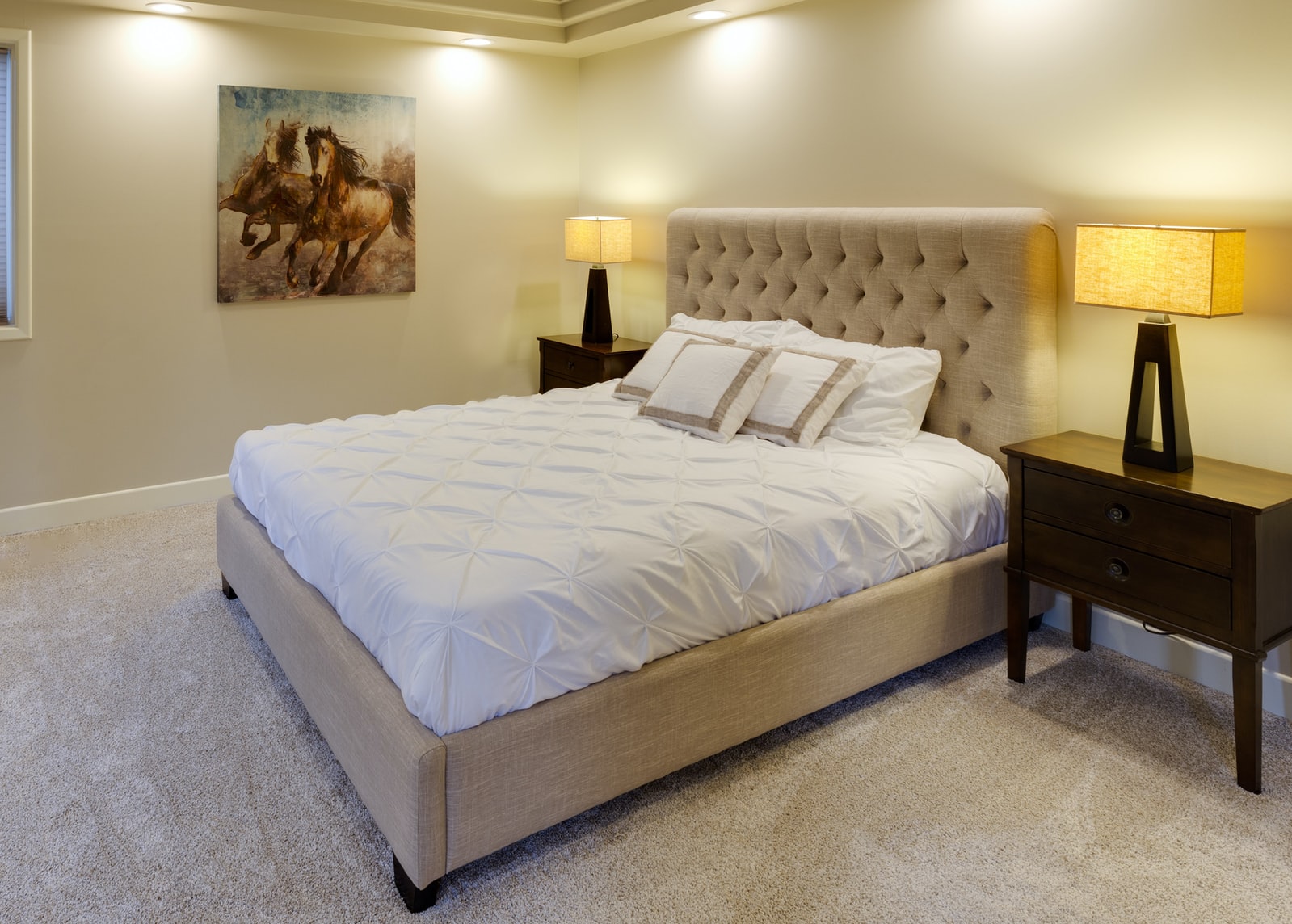



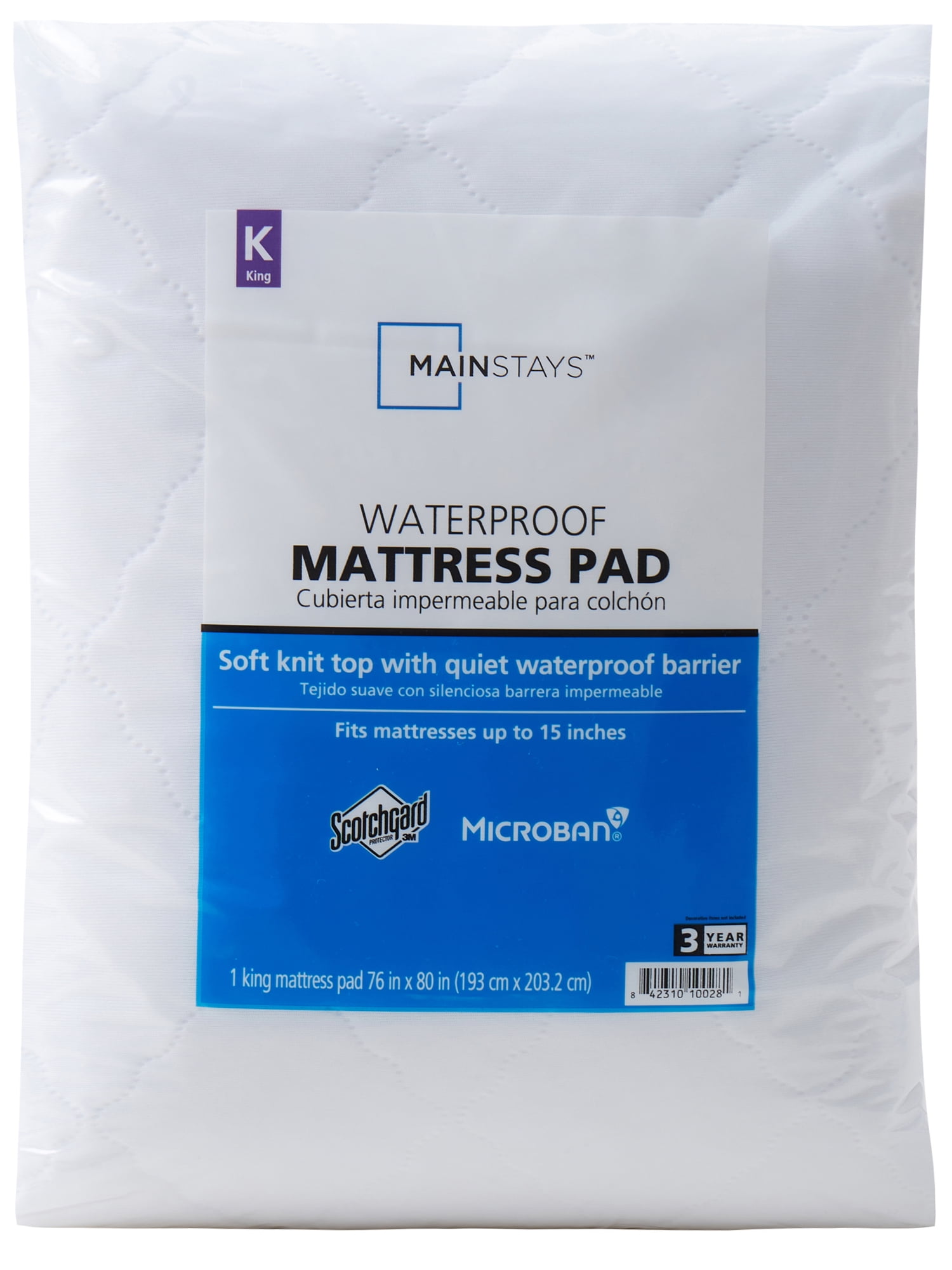


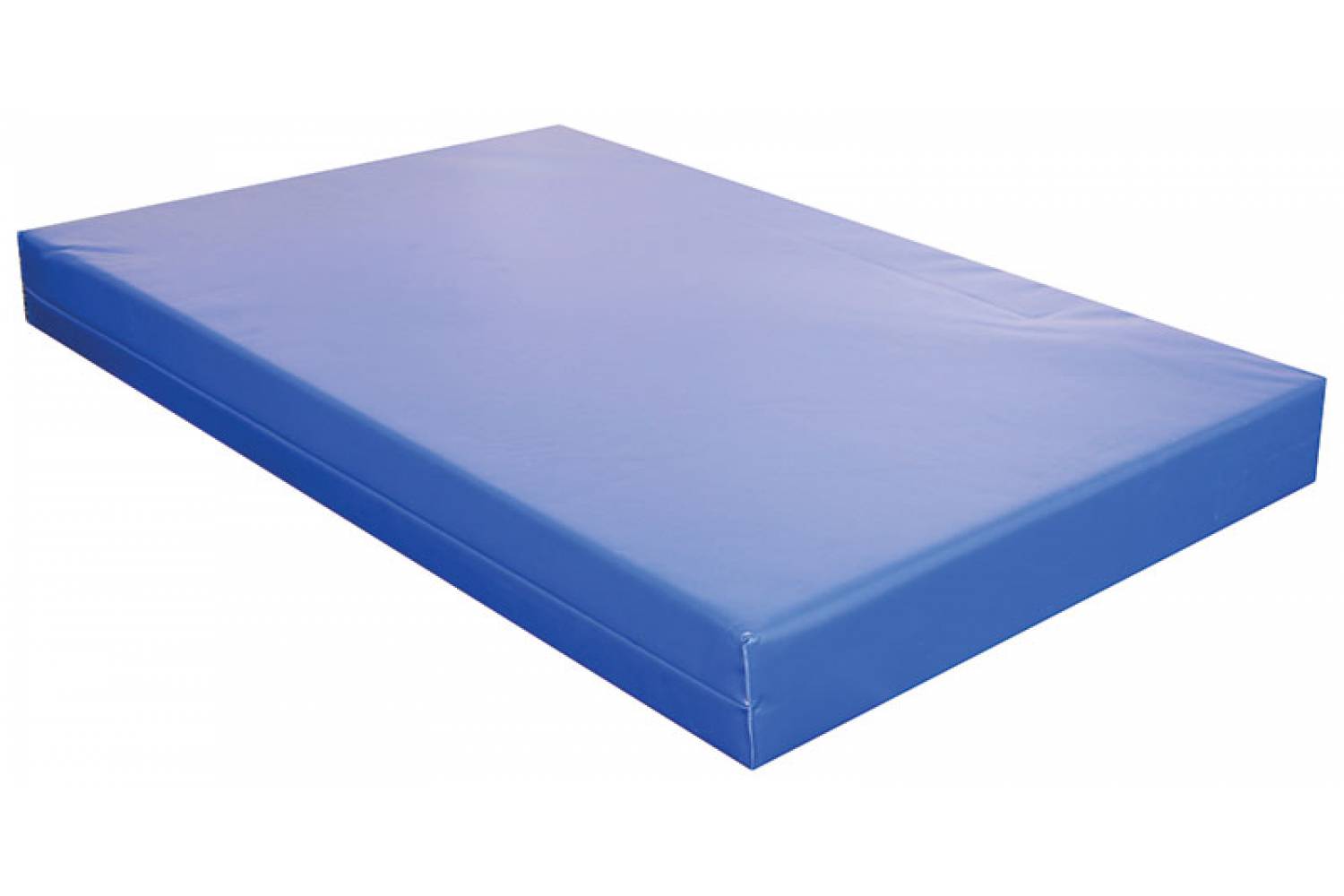
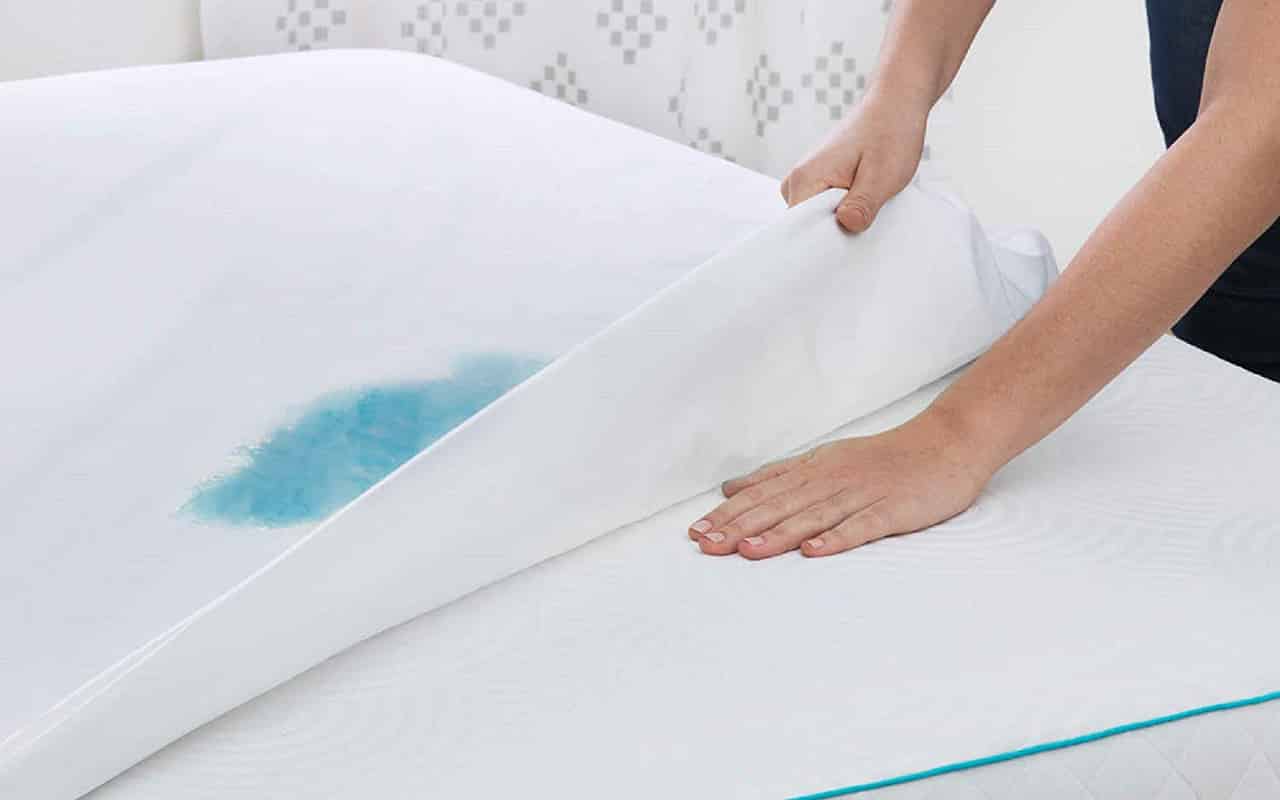


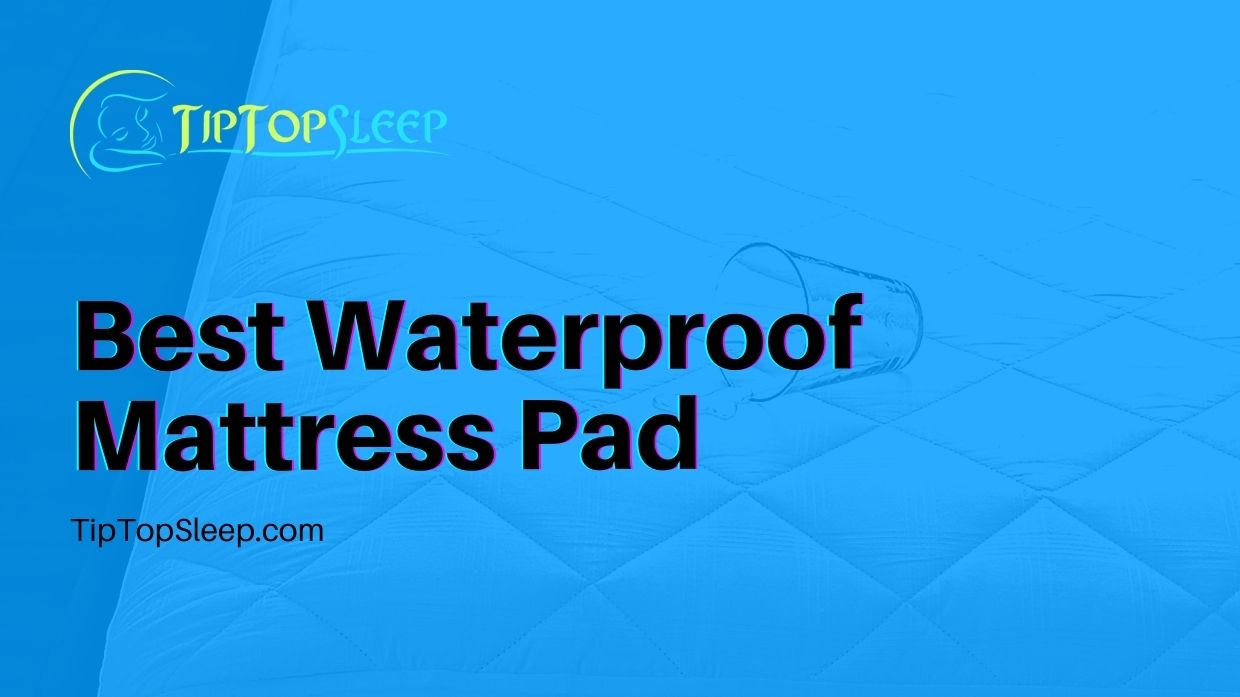
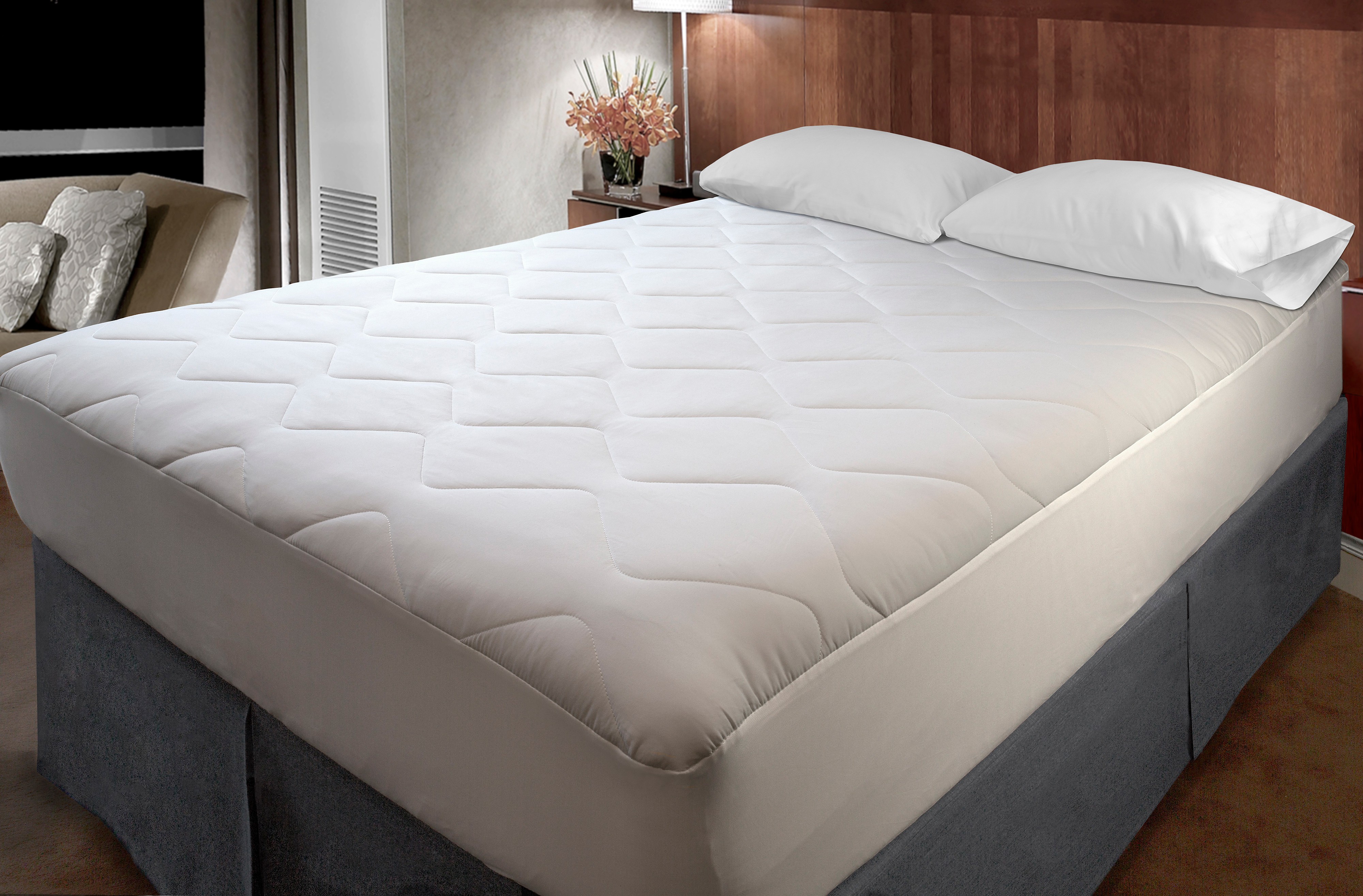

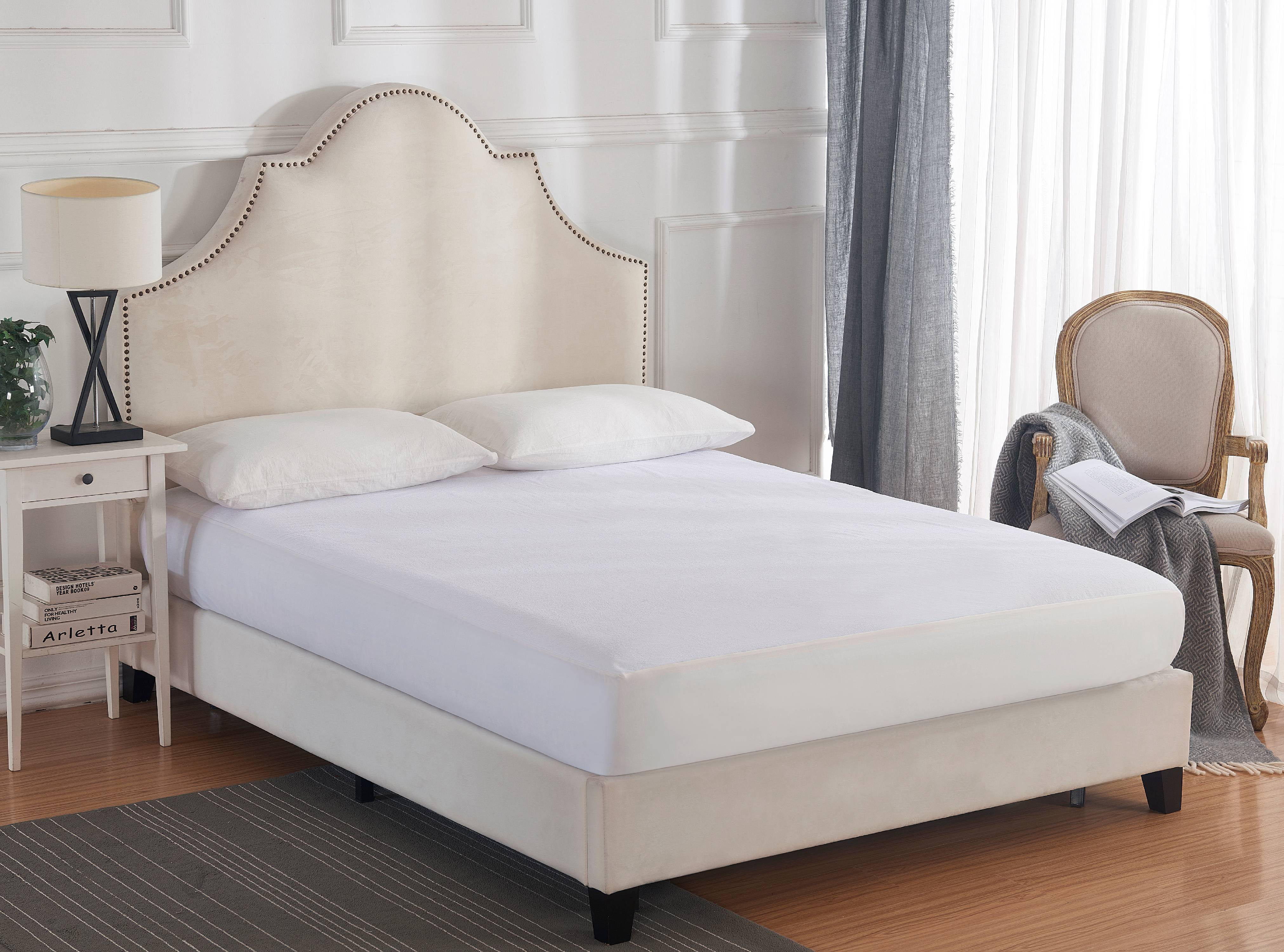


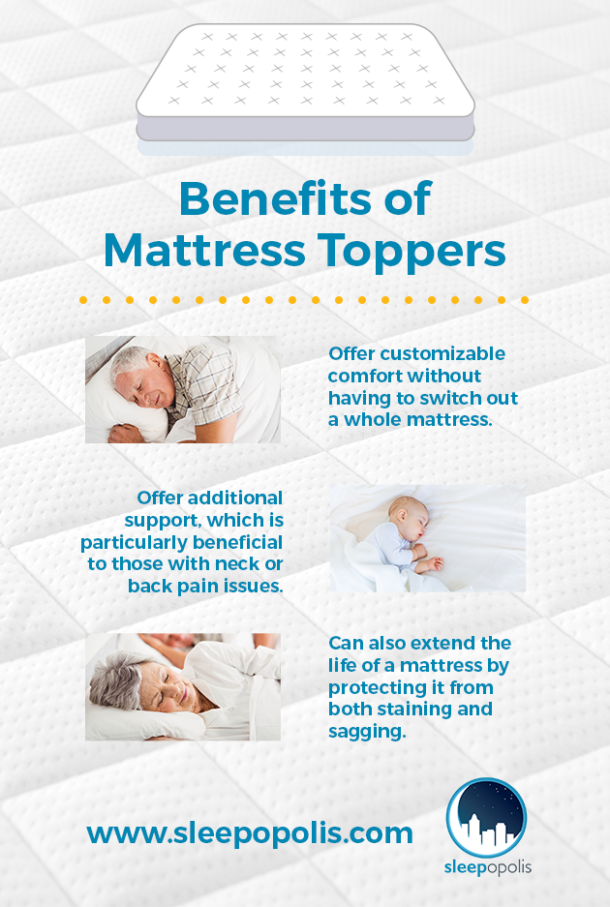
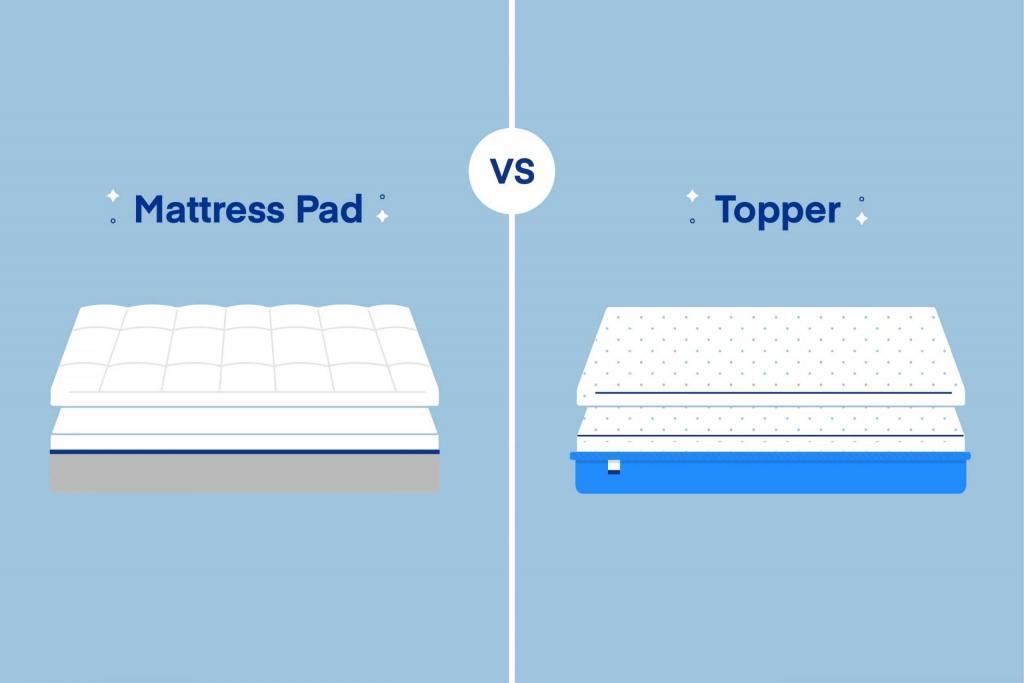
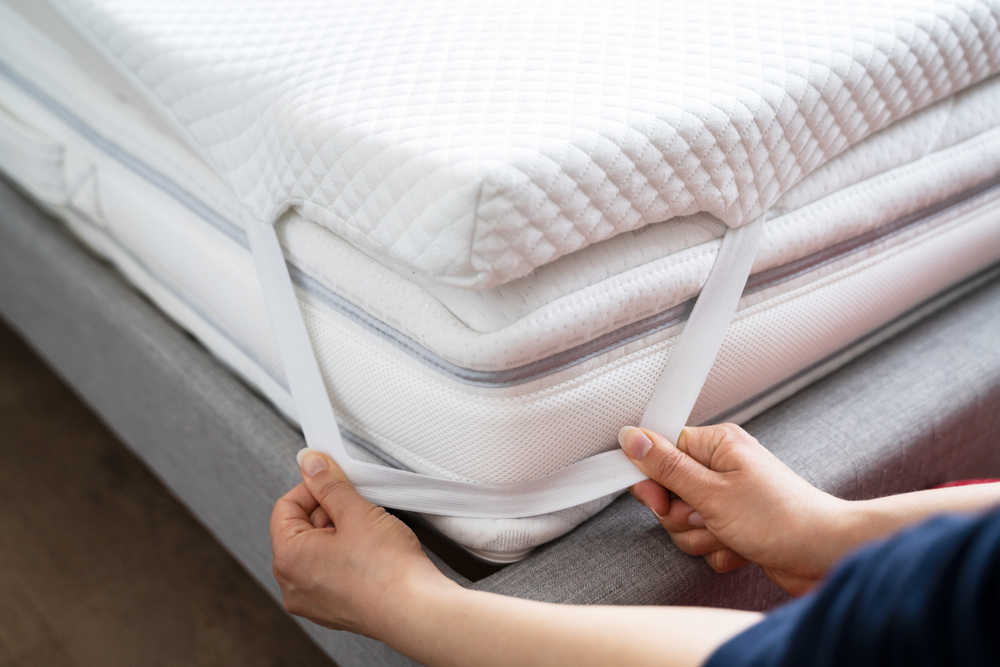
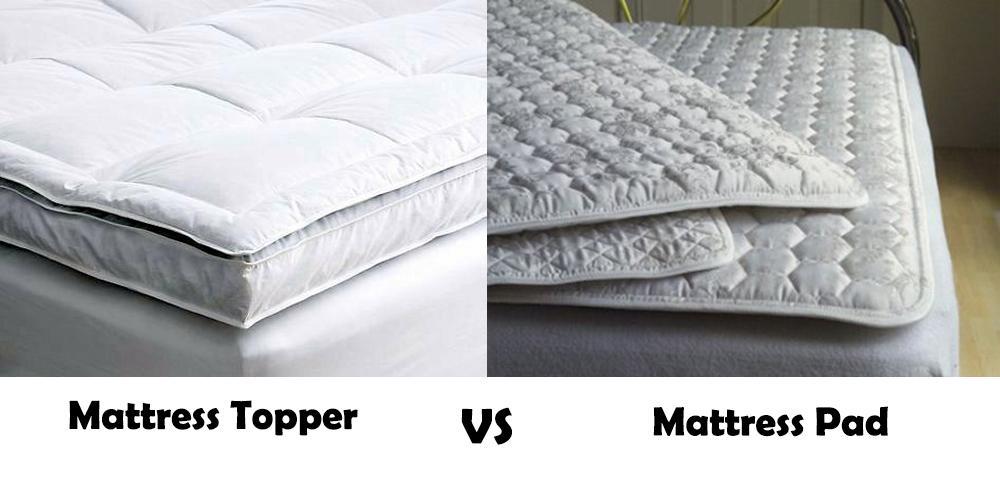
:quality(70)/cloudfront-us-east-1.images.arcpublishing.com/tronc/CYWKPHNXI4PVKXJ5JWVFFCX6MY.png)
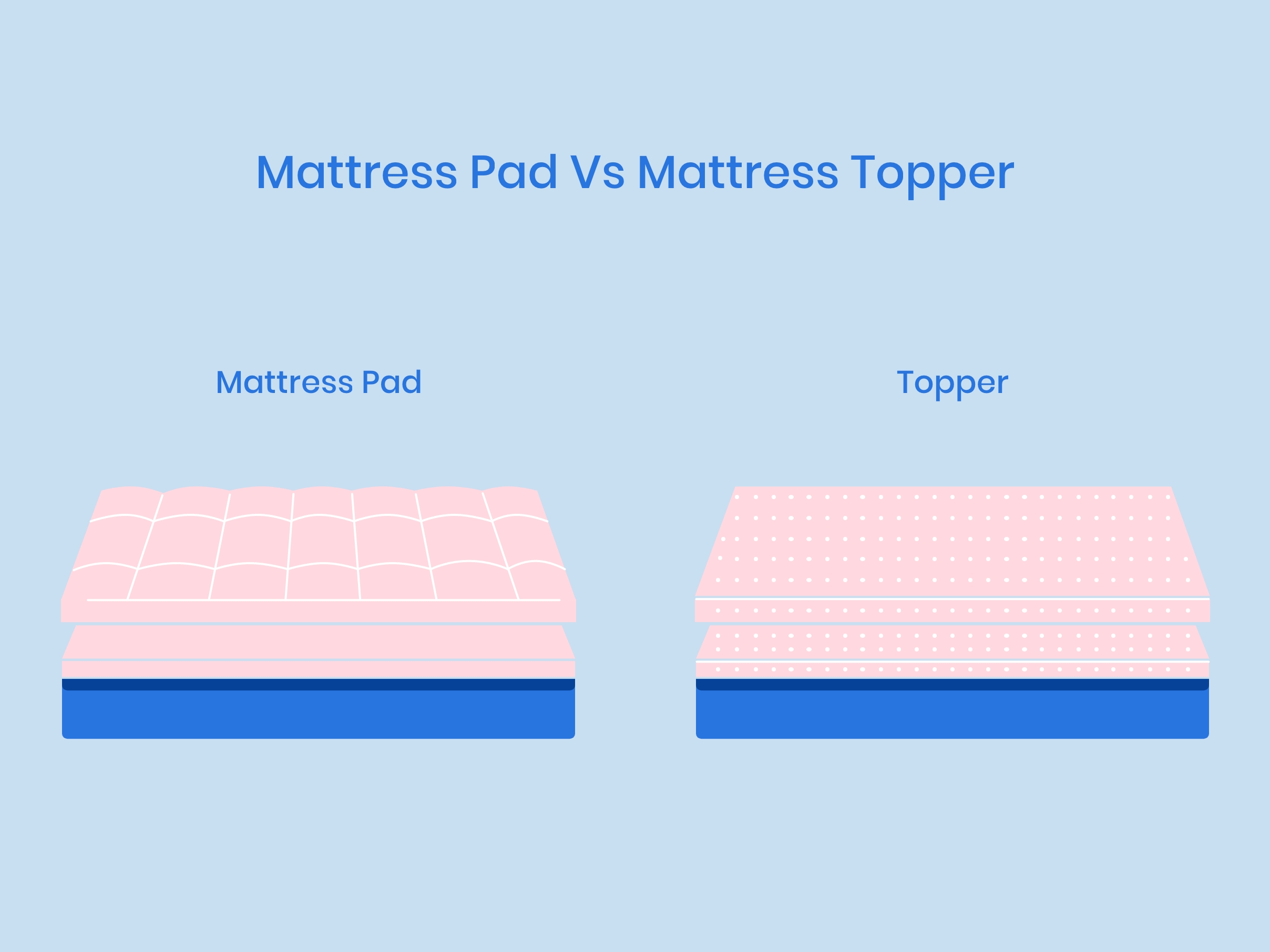
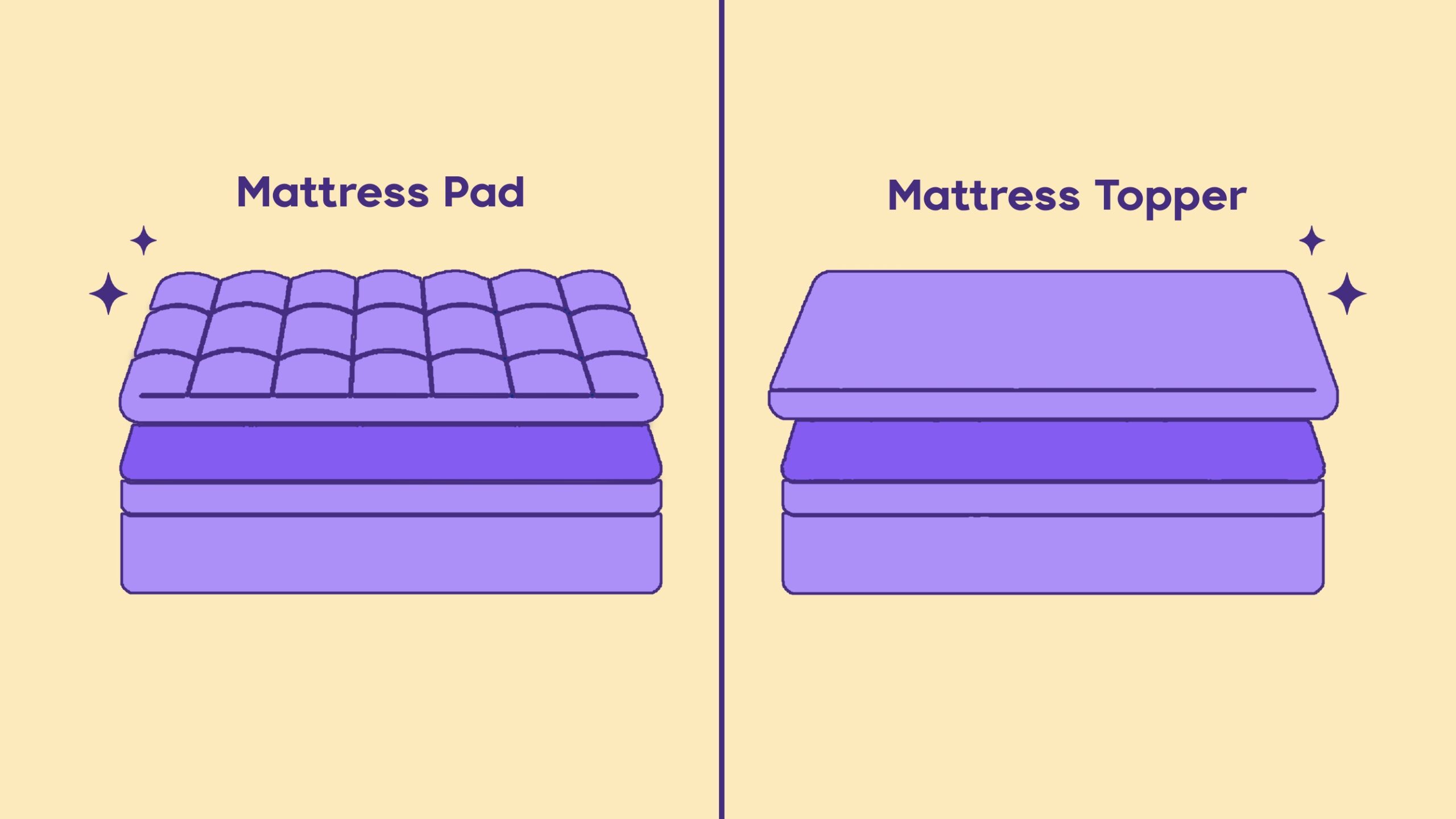
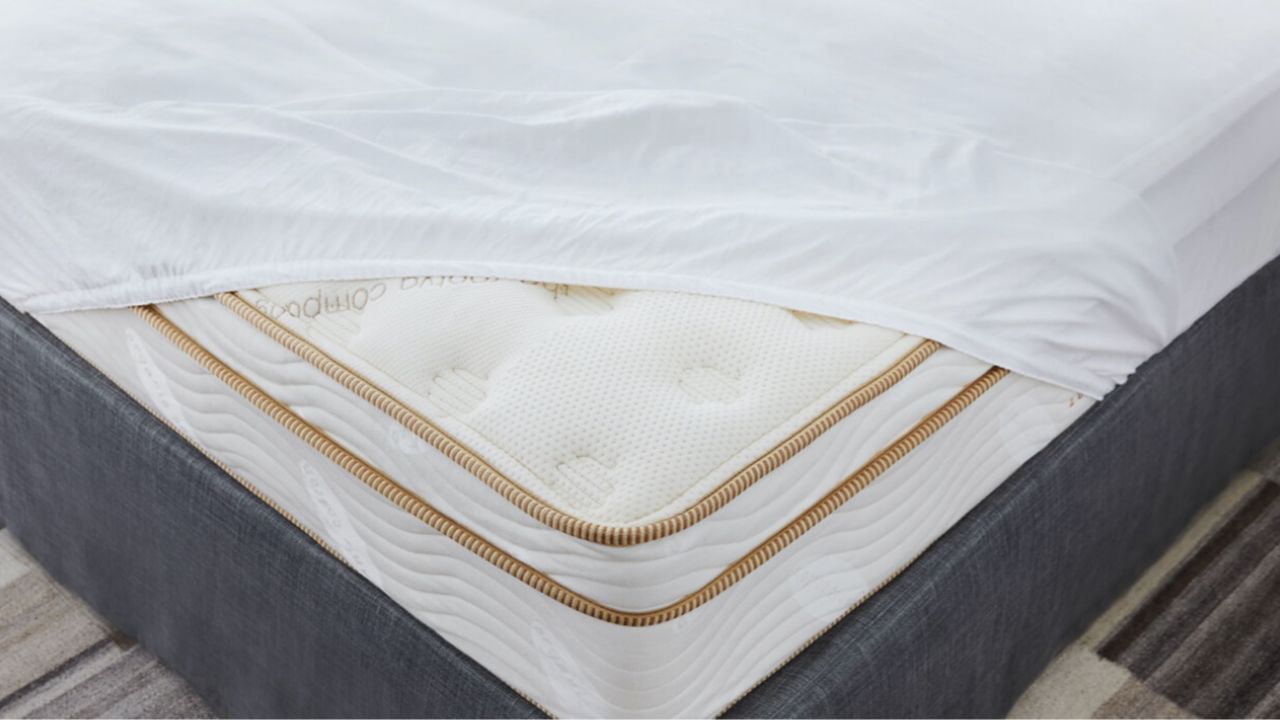
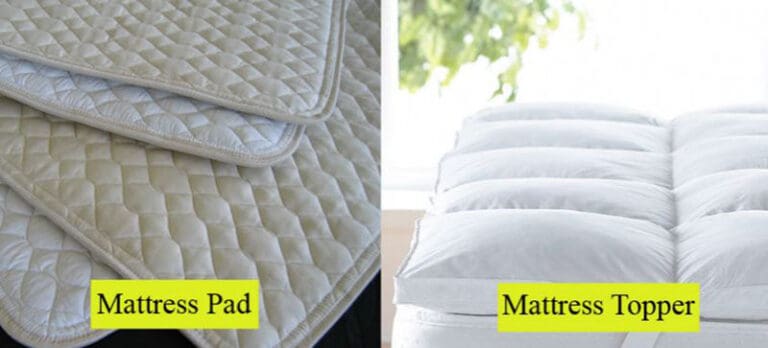
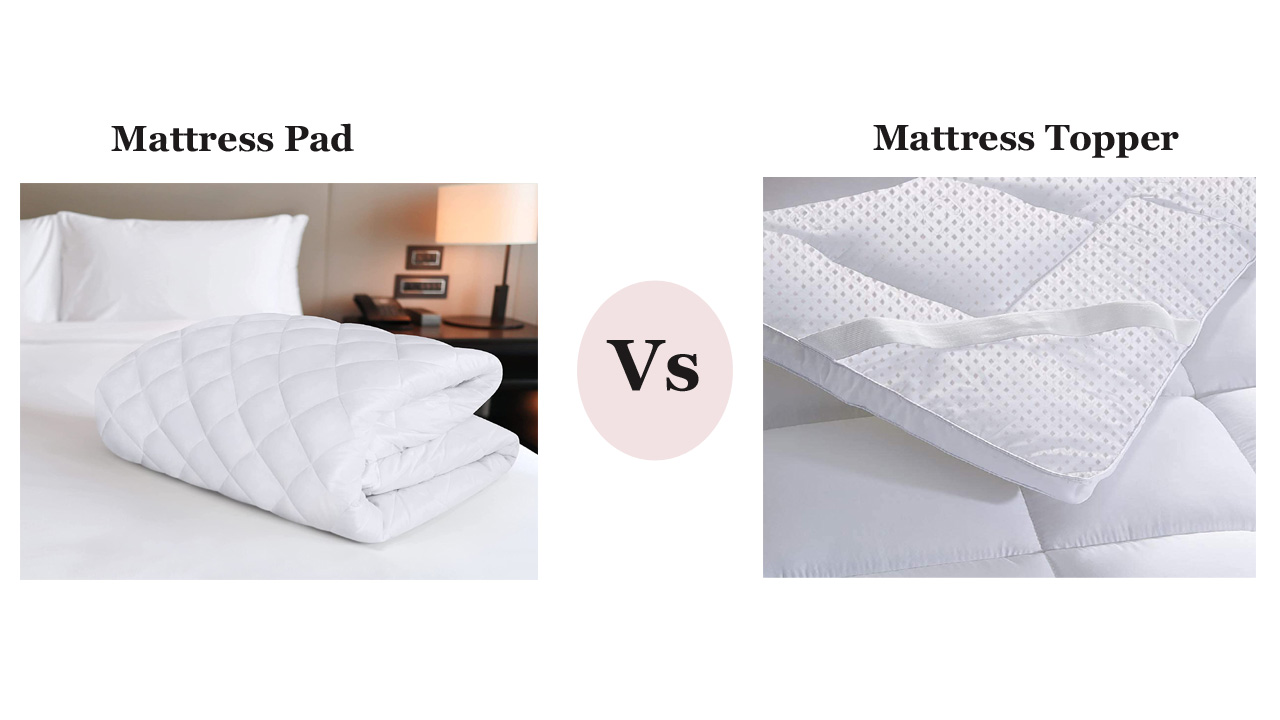



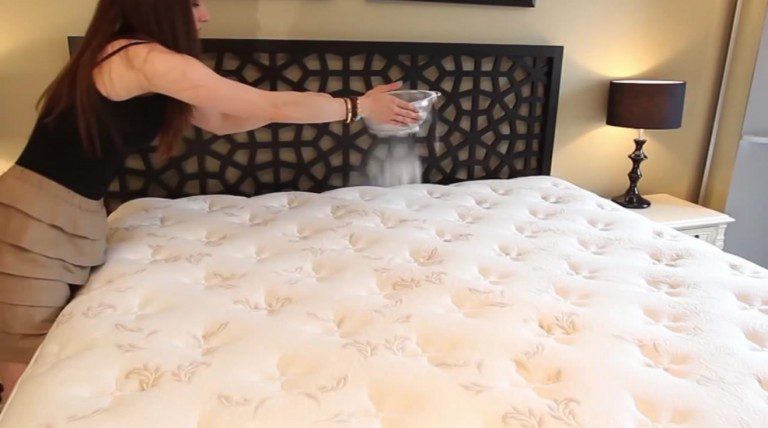



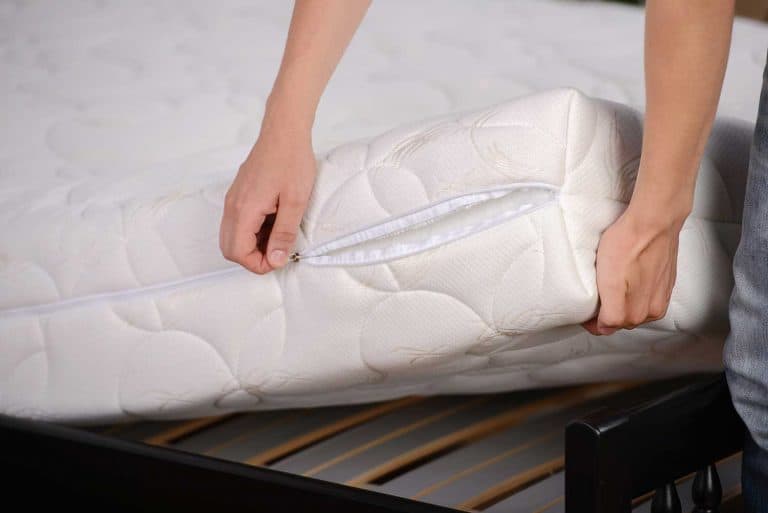

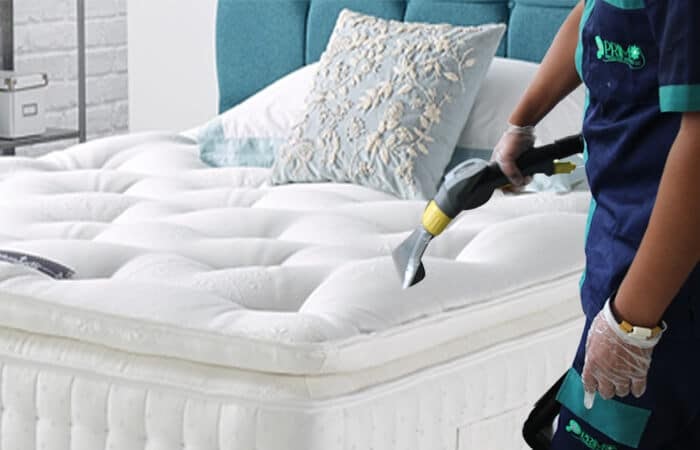

:max_bytes(150000):strip_icc()/clean-your-mattress-the-natural-way-350742-dd95404f7ac54f9b90f09045d9b4e98c.png)
